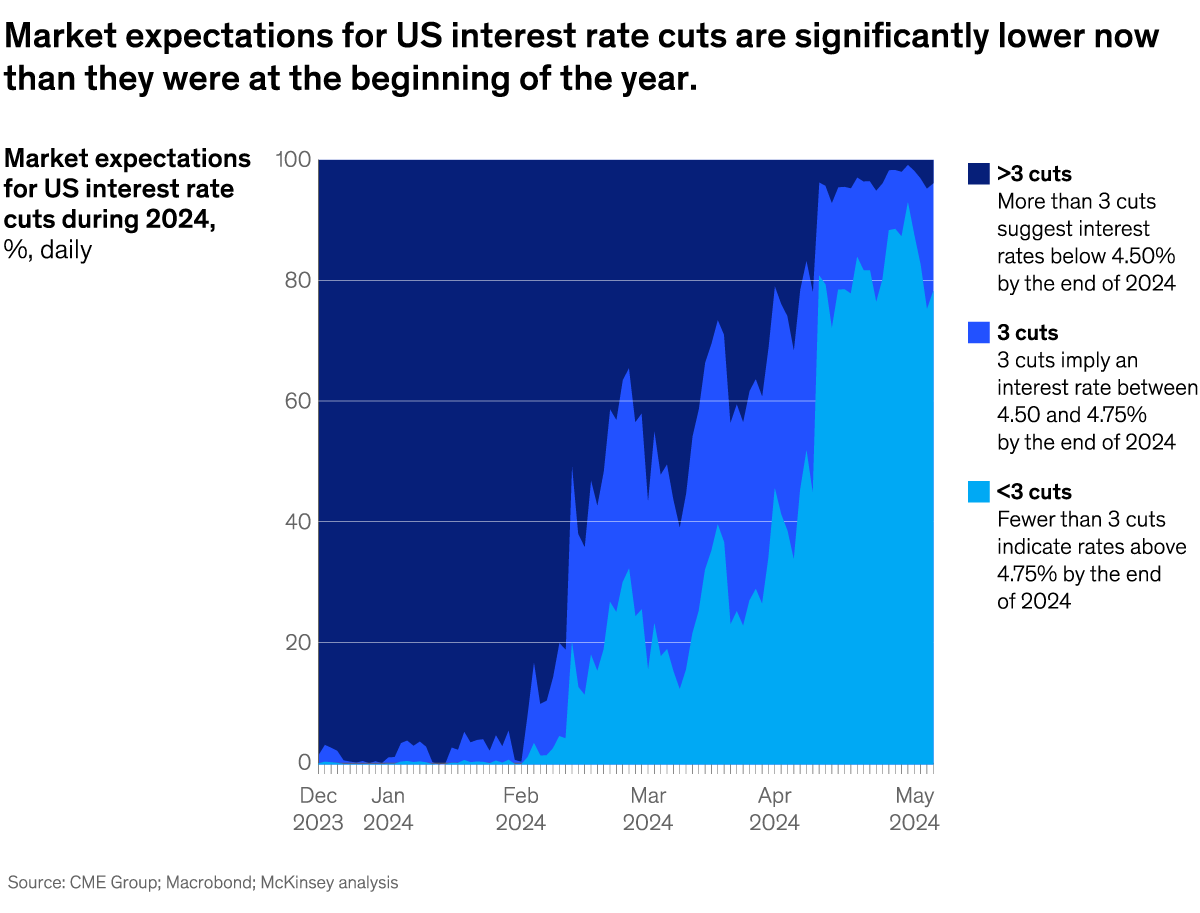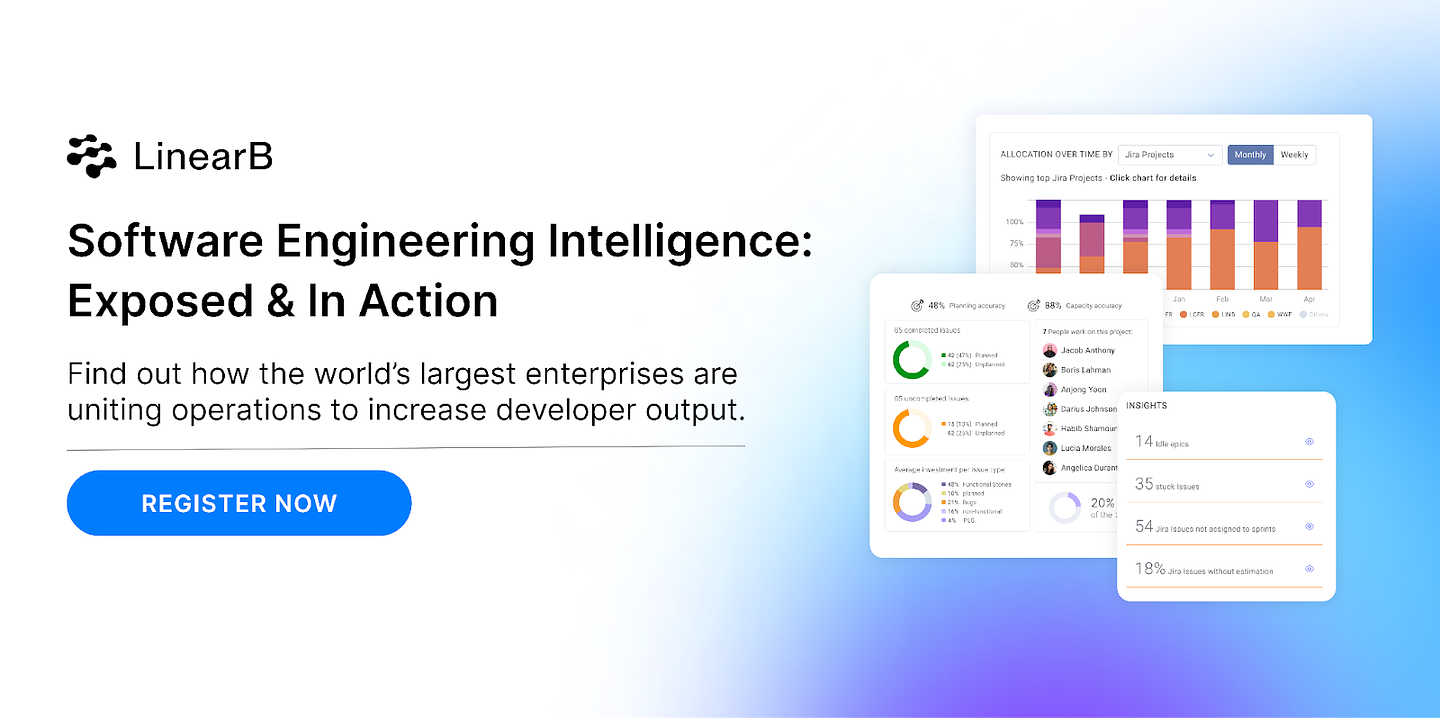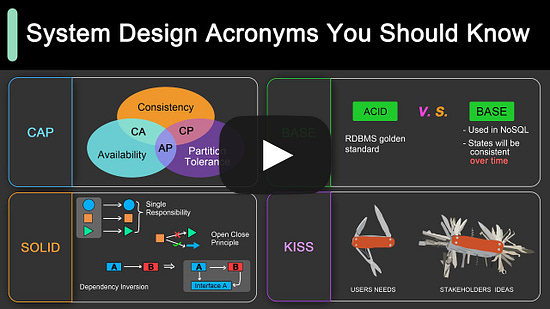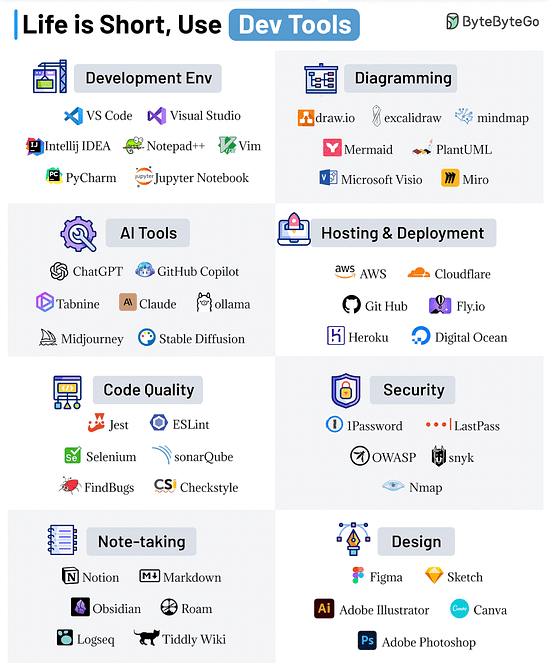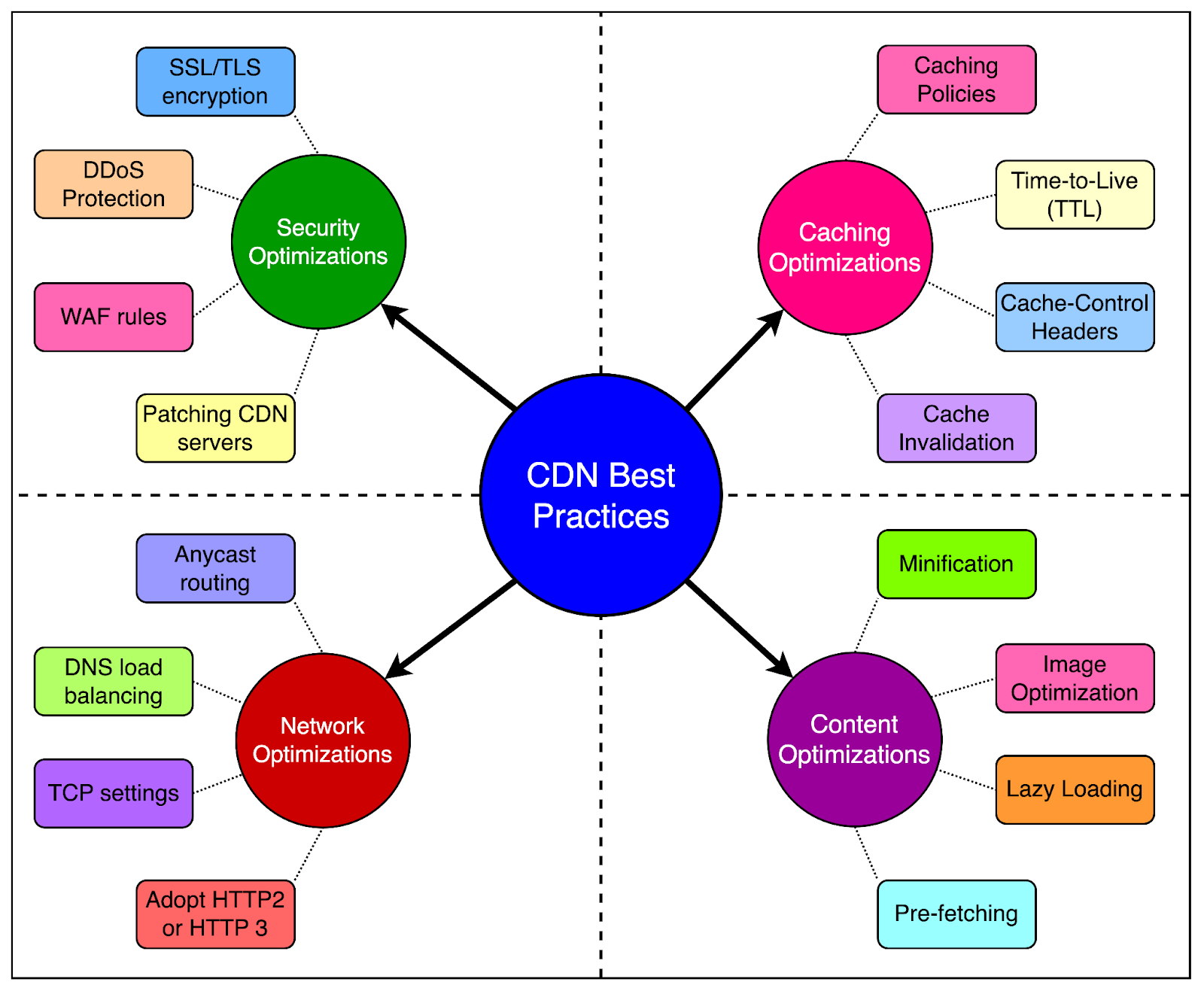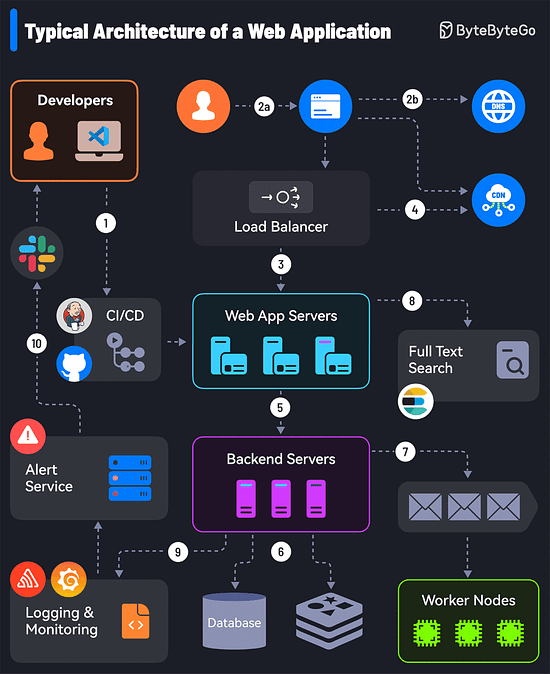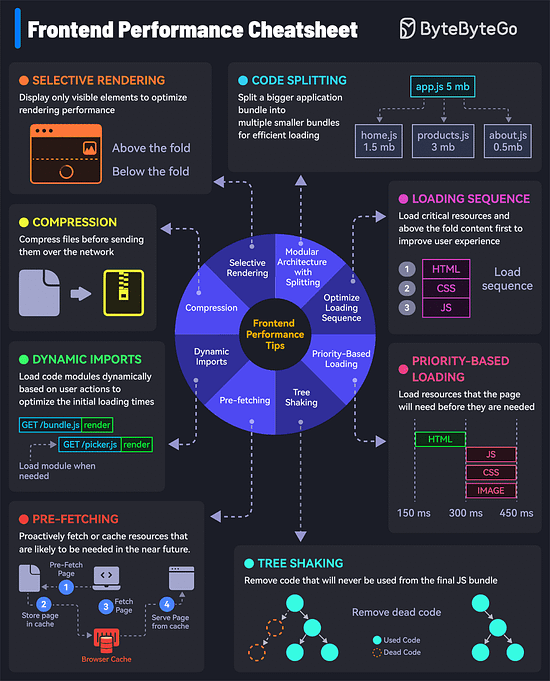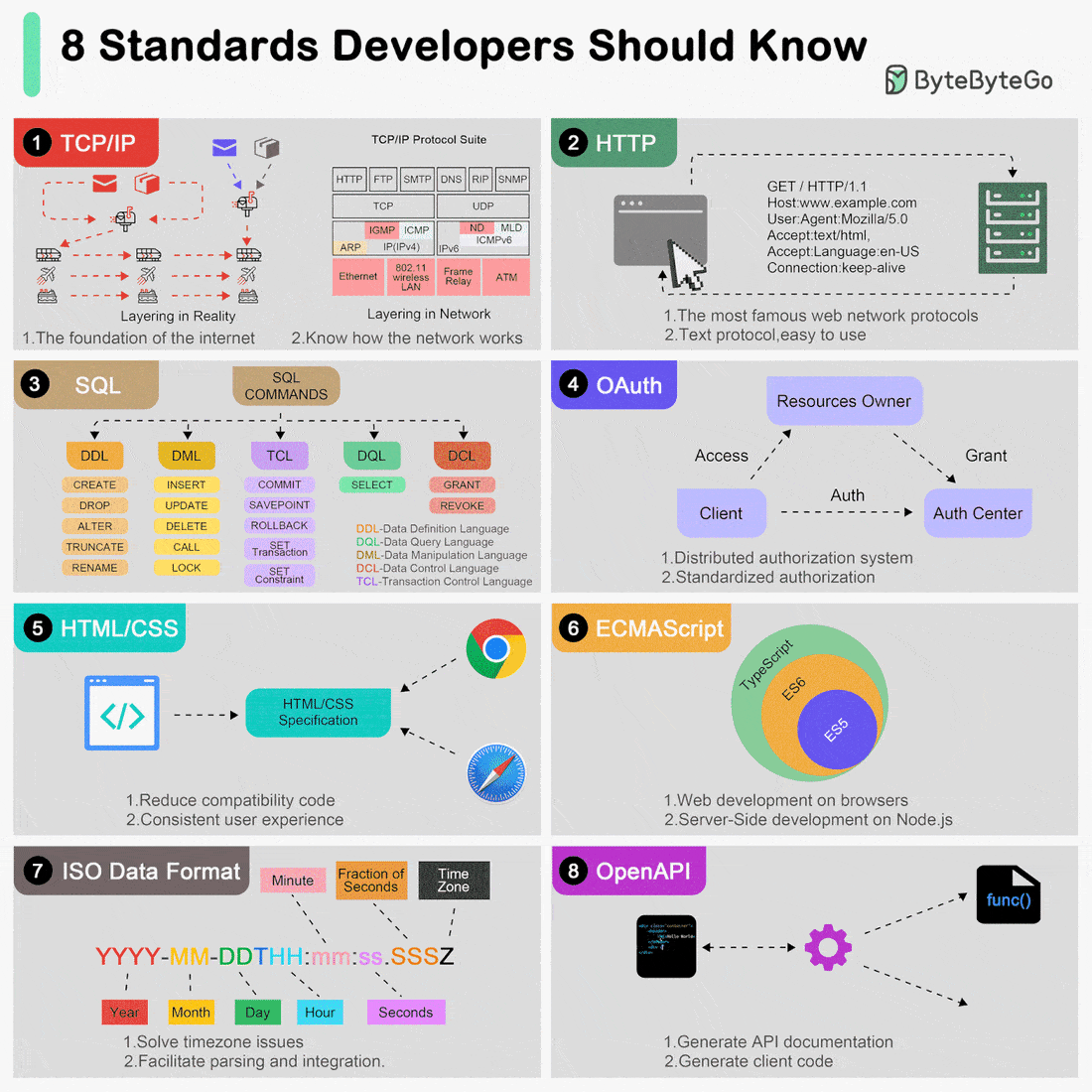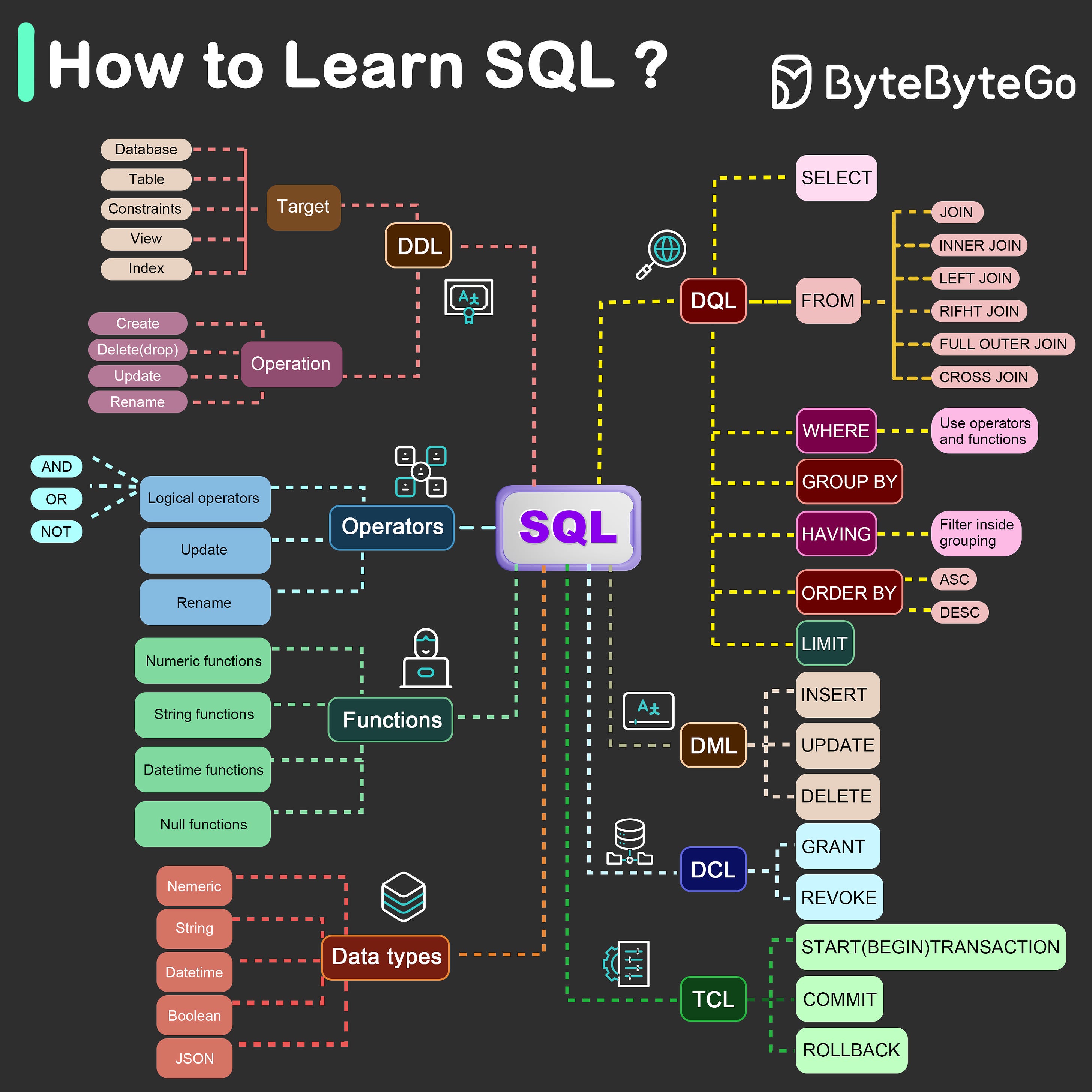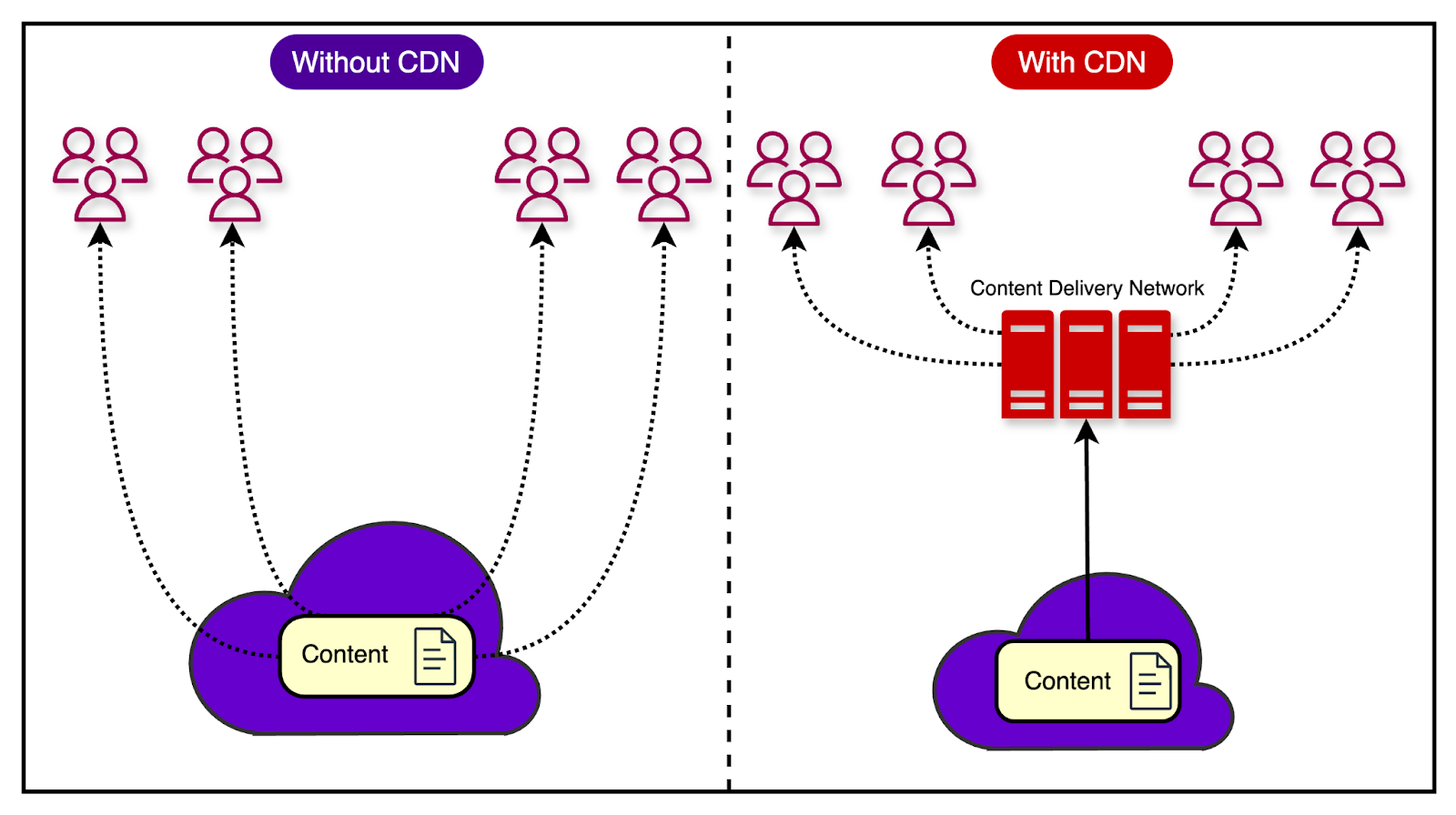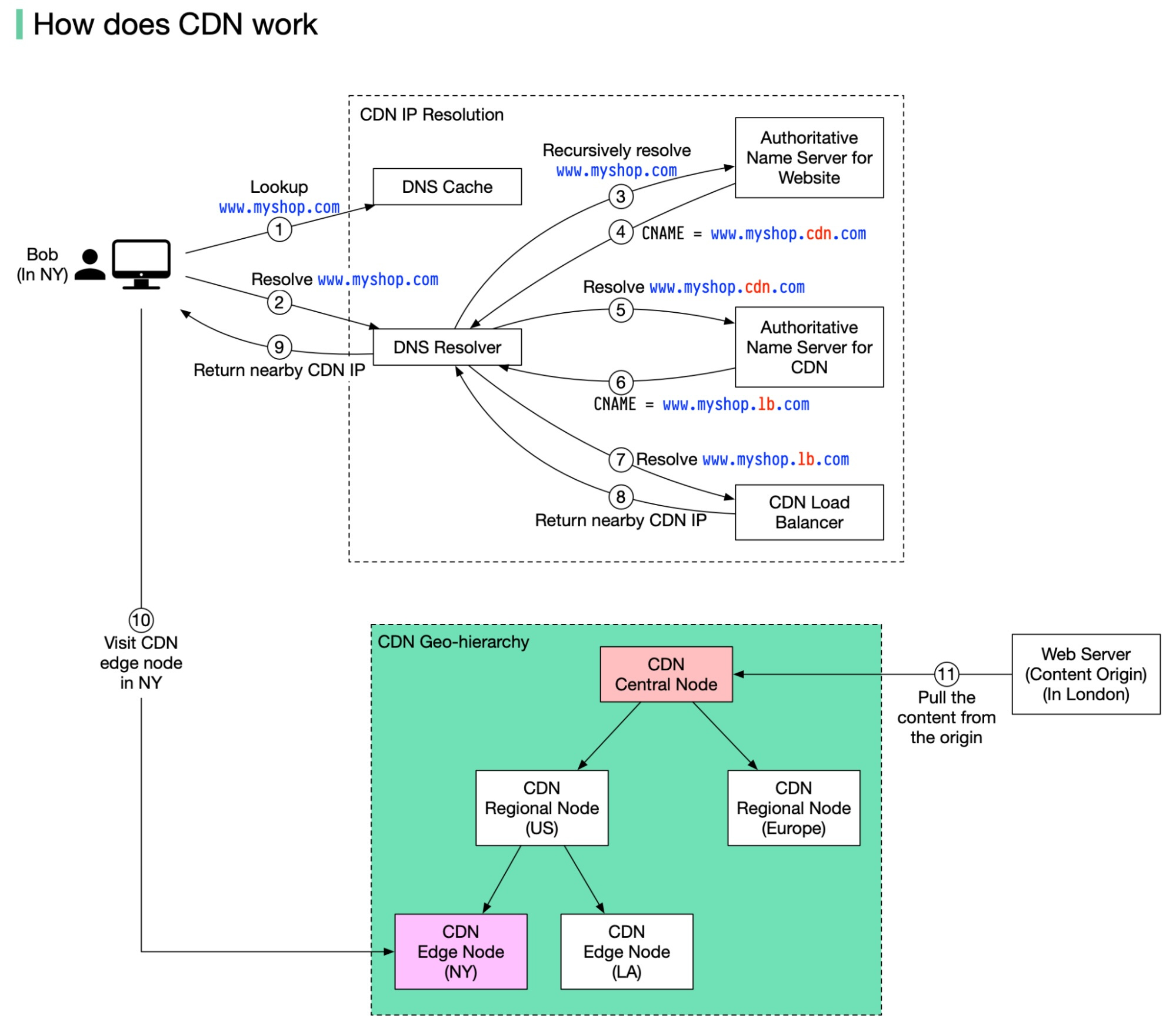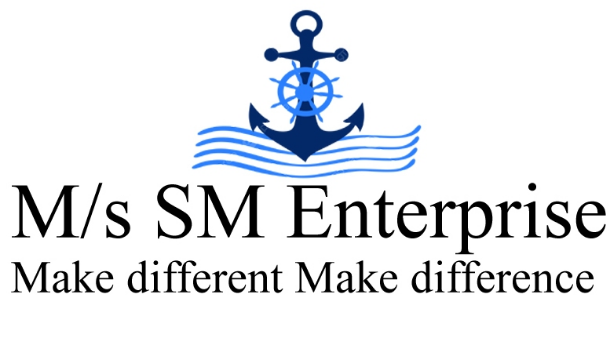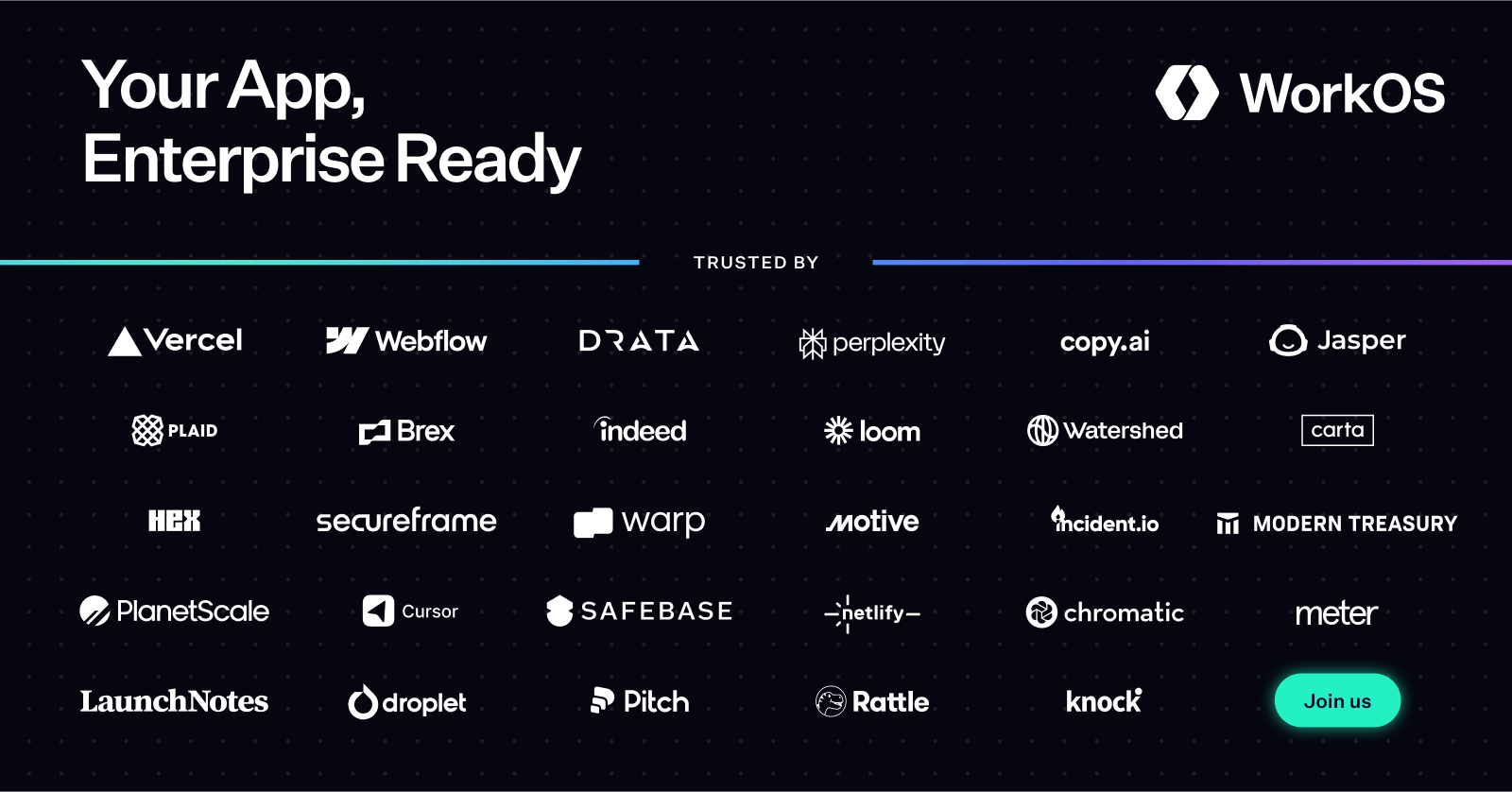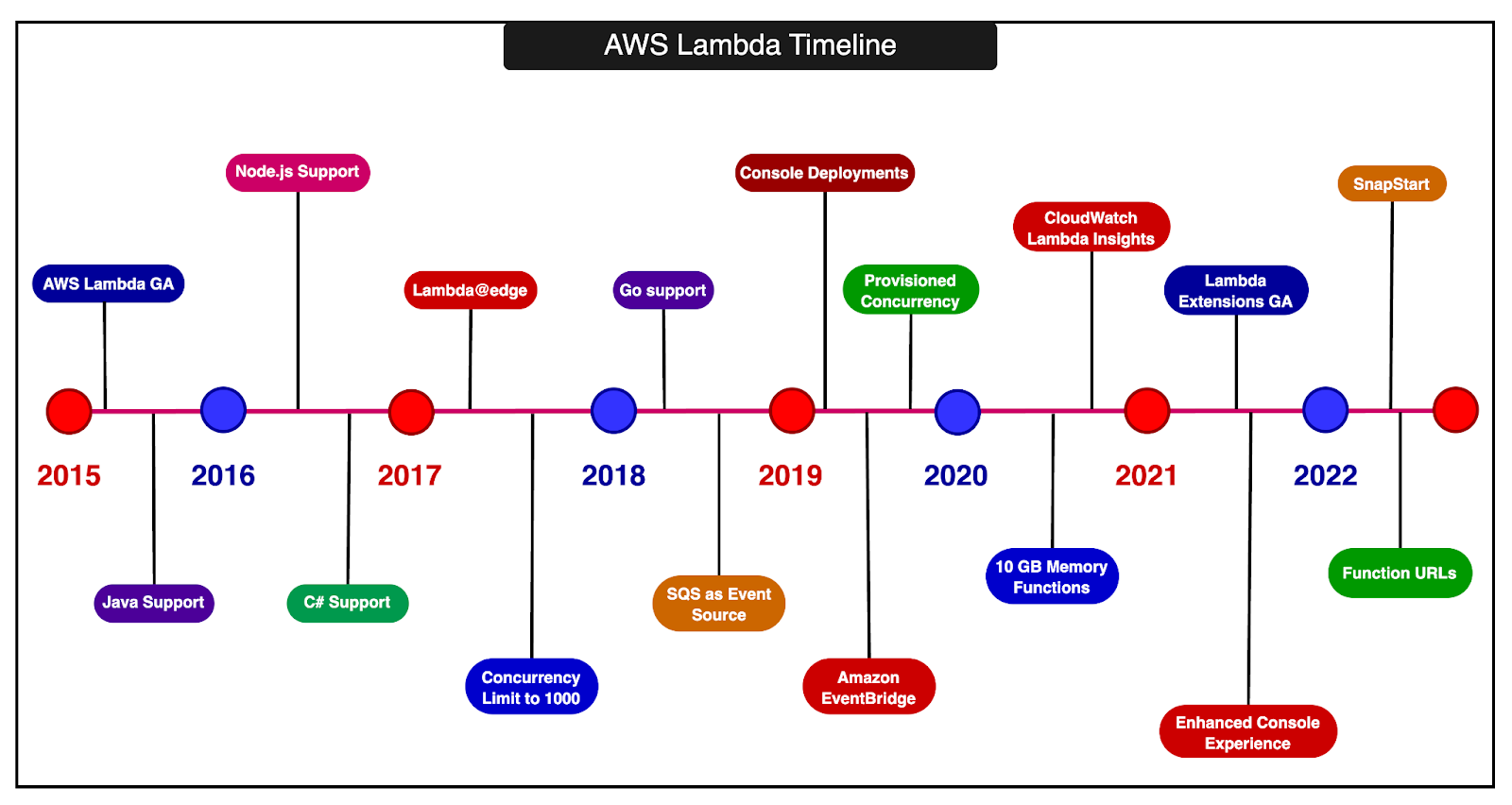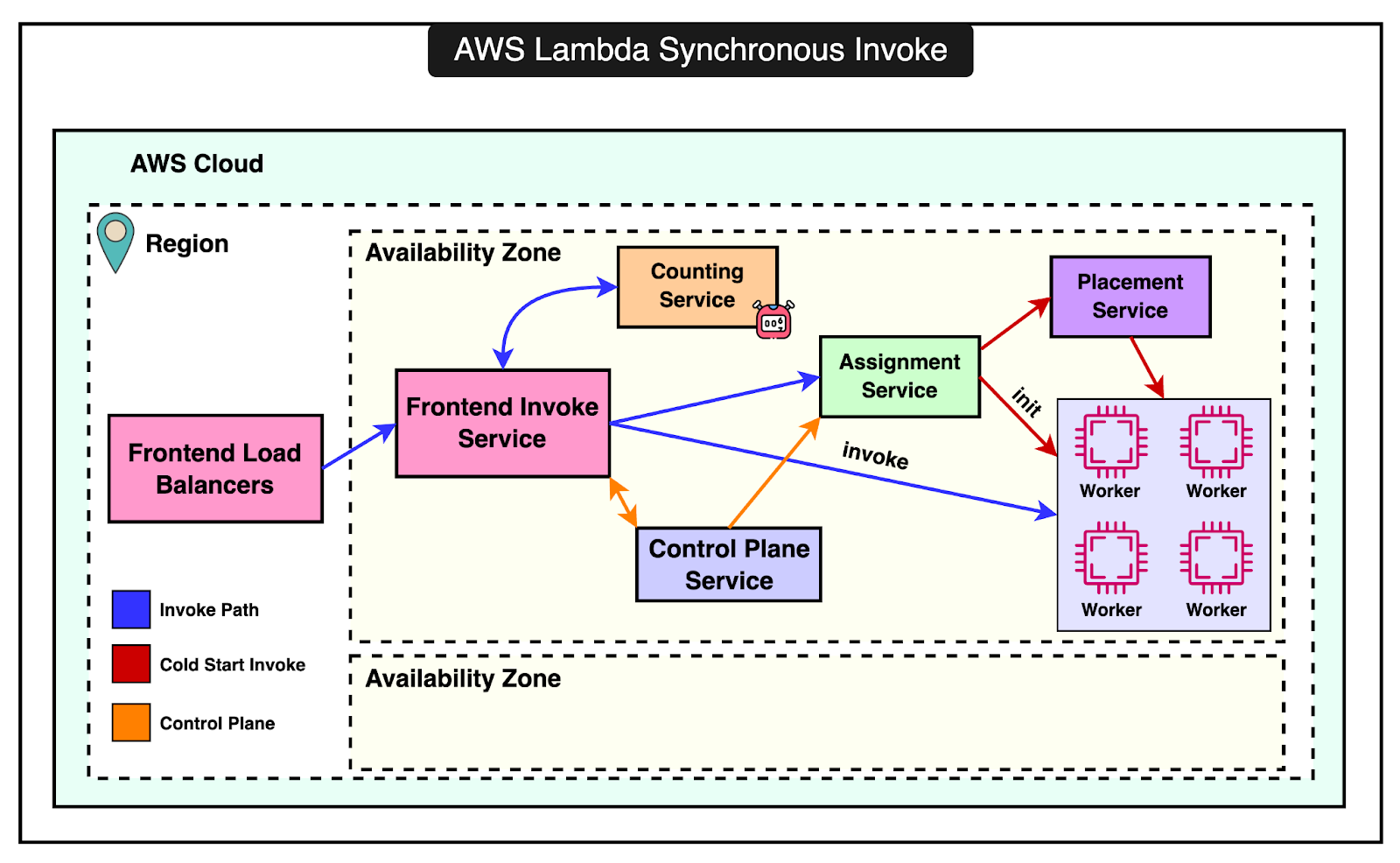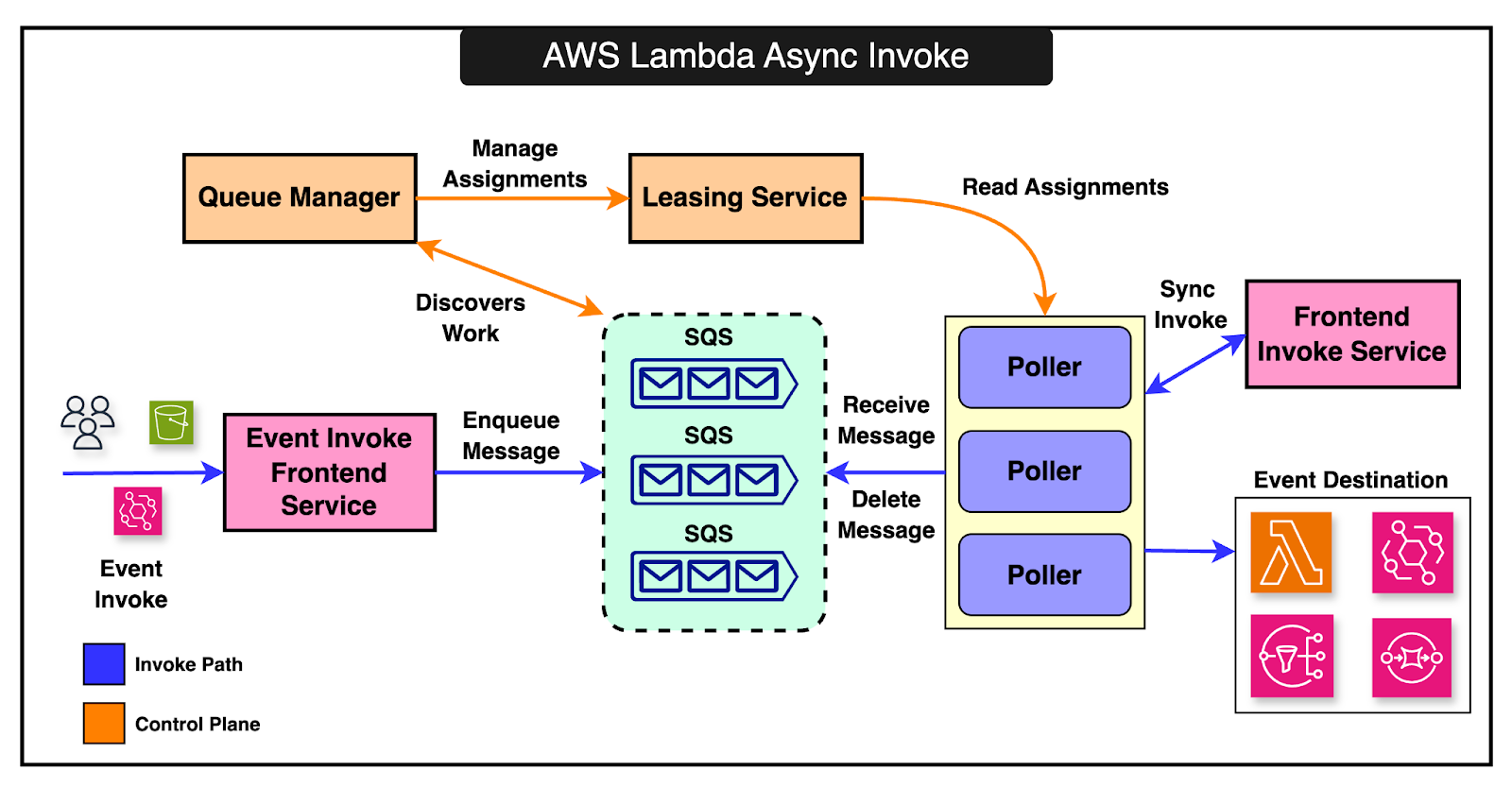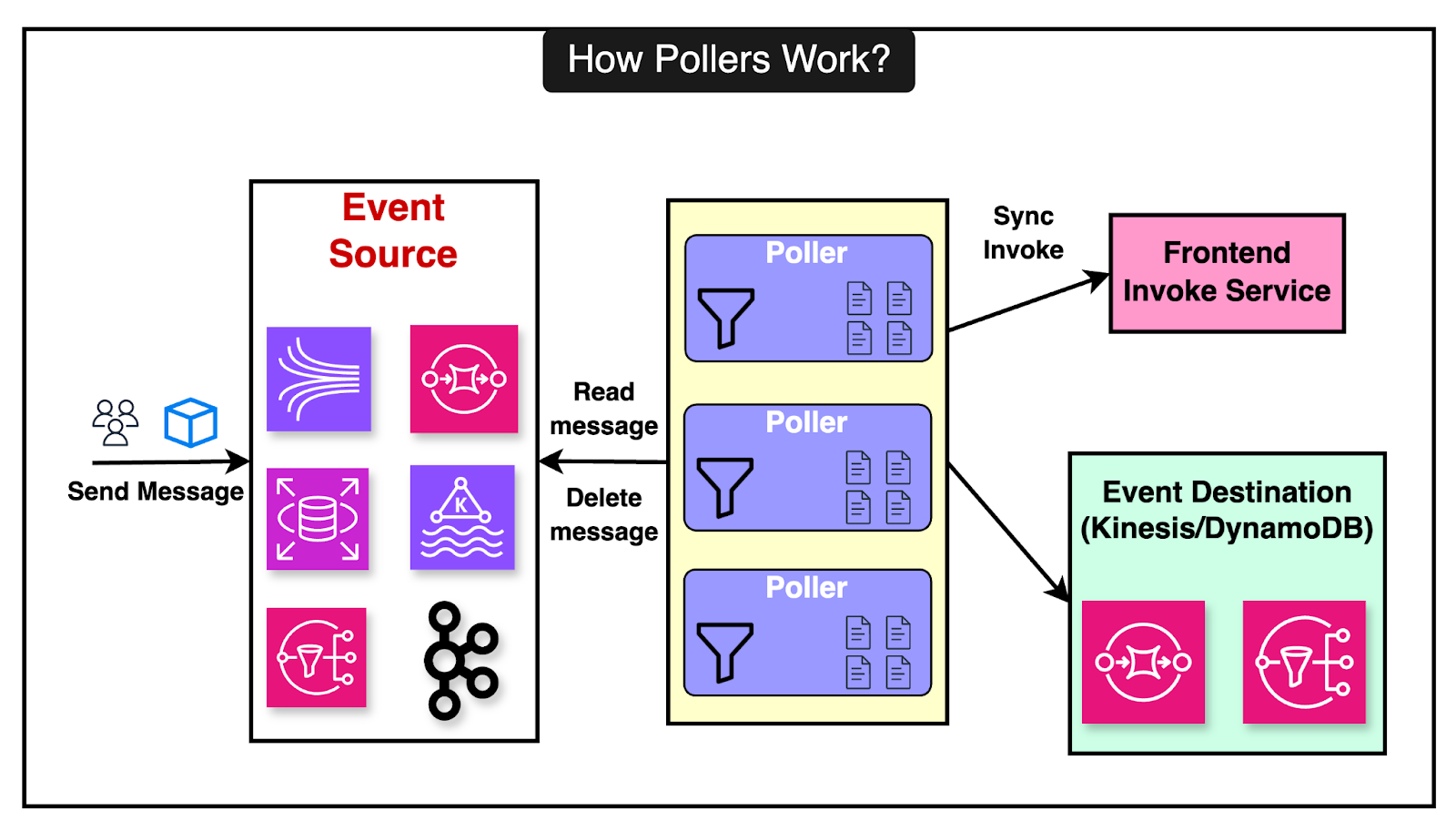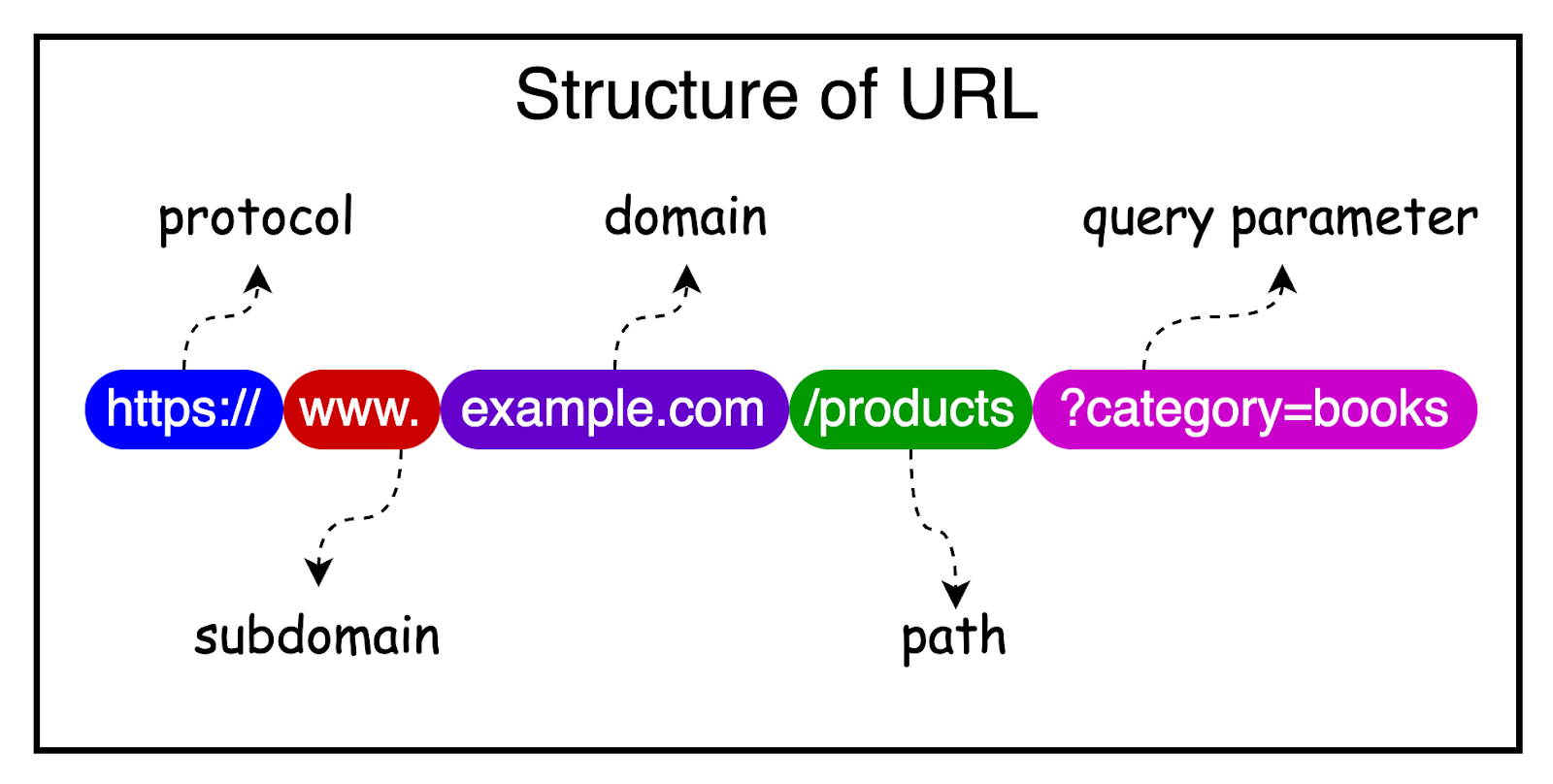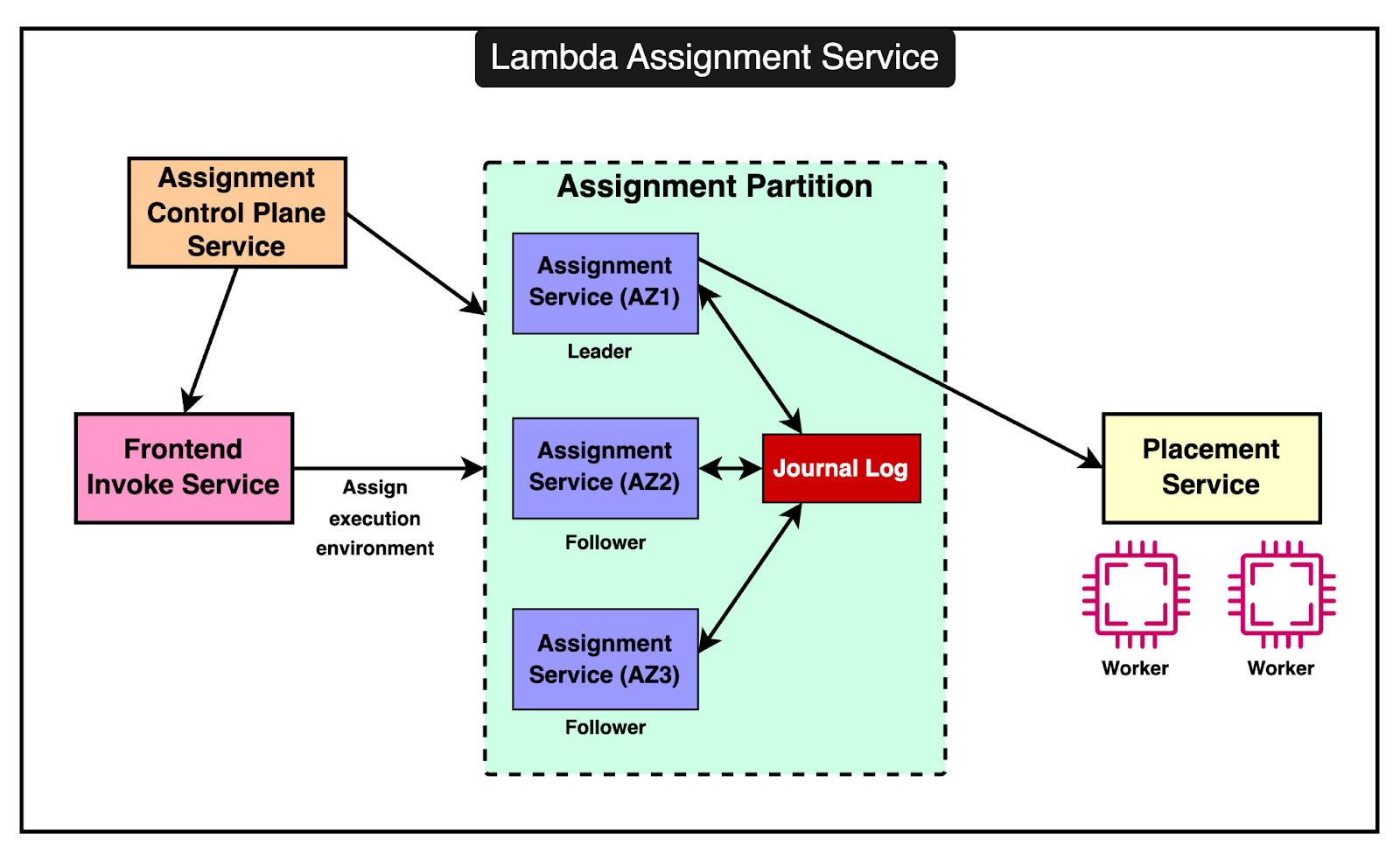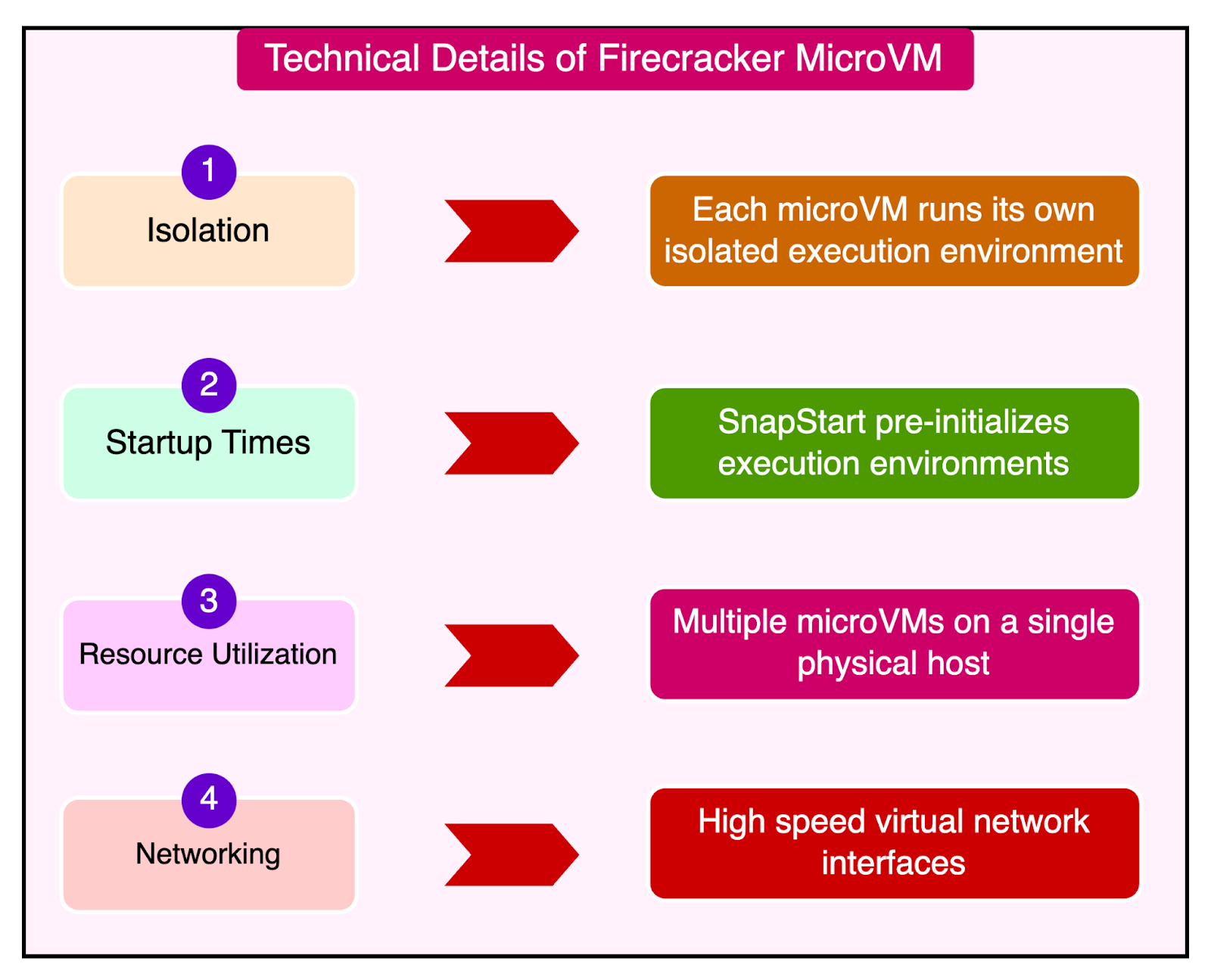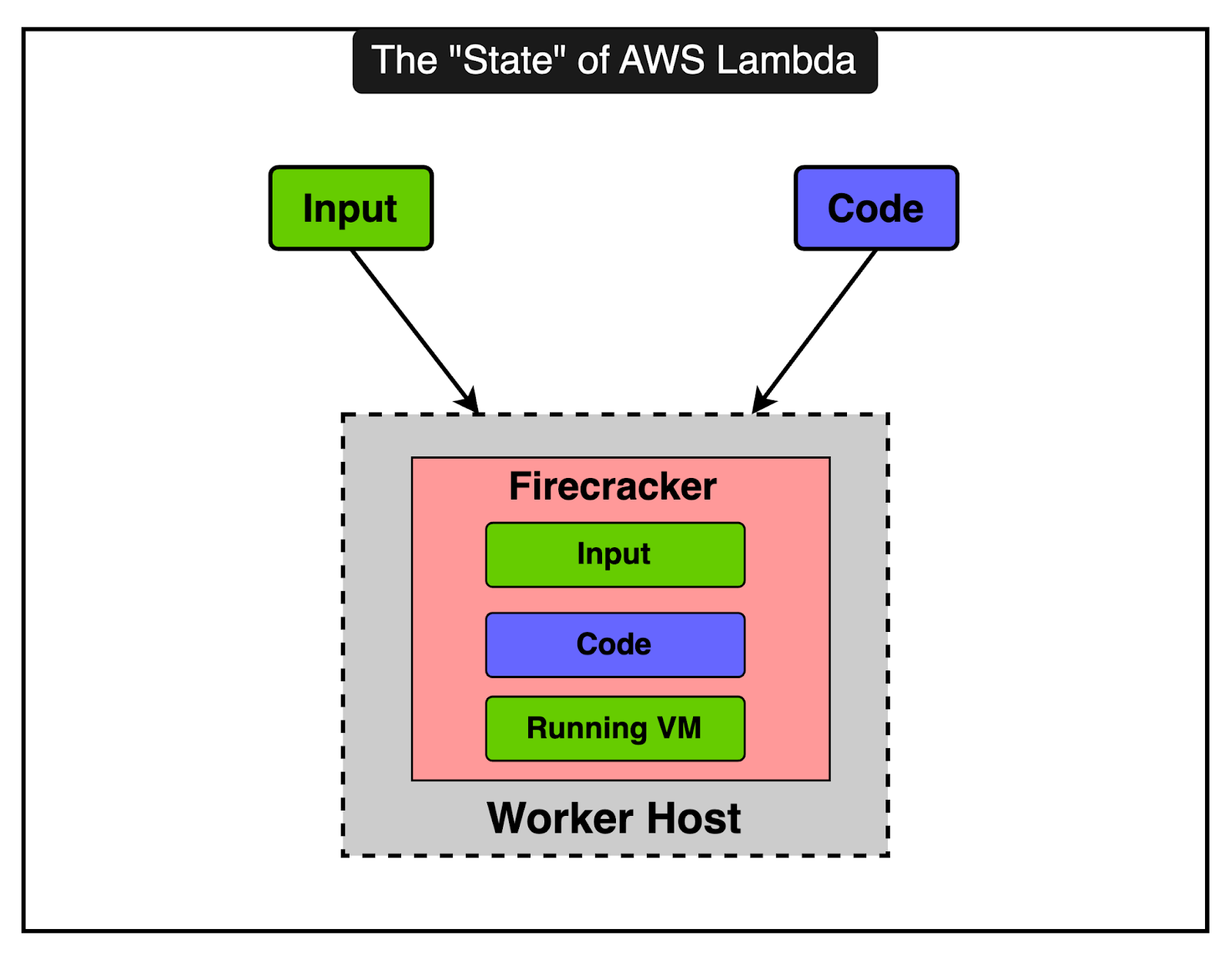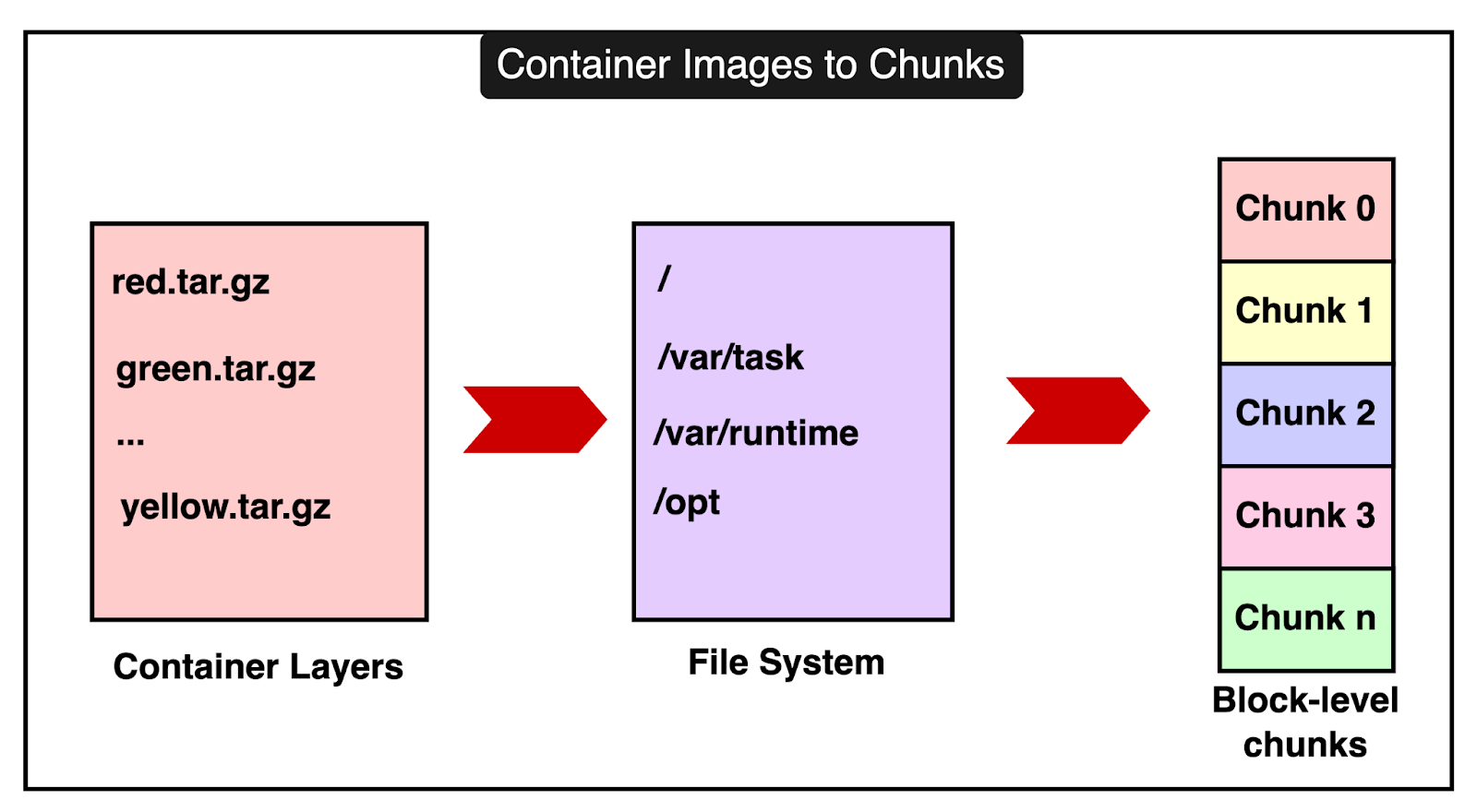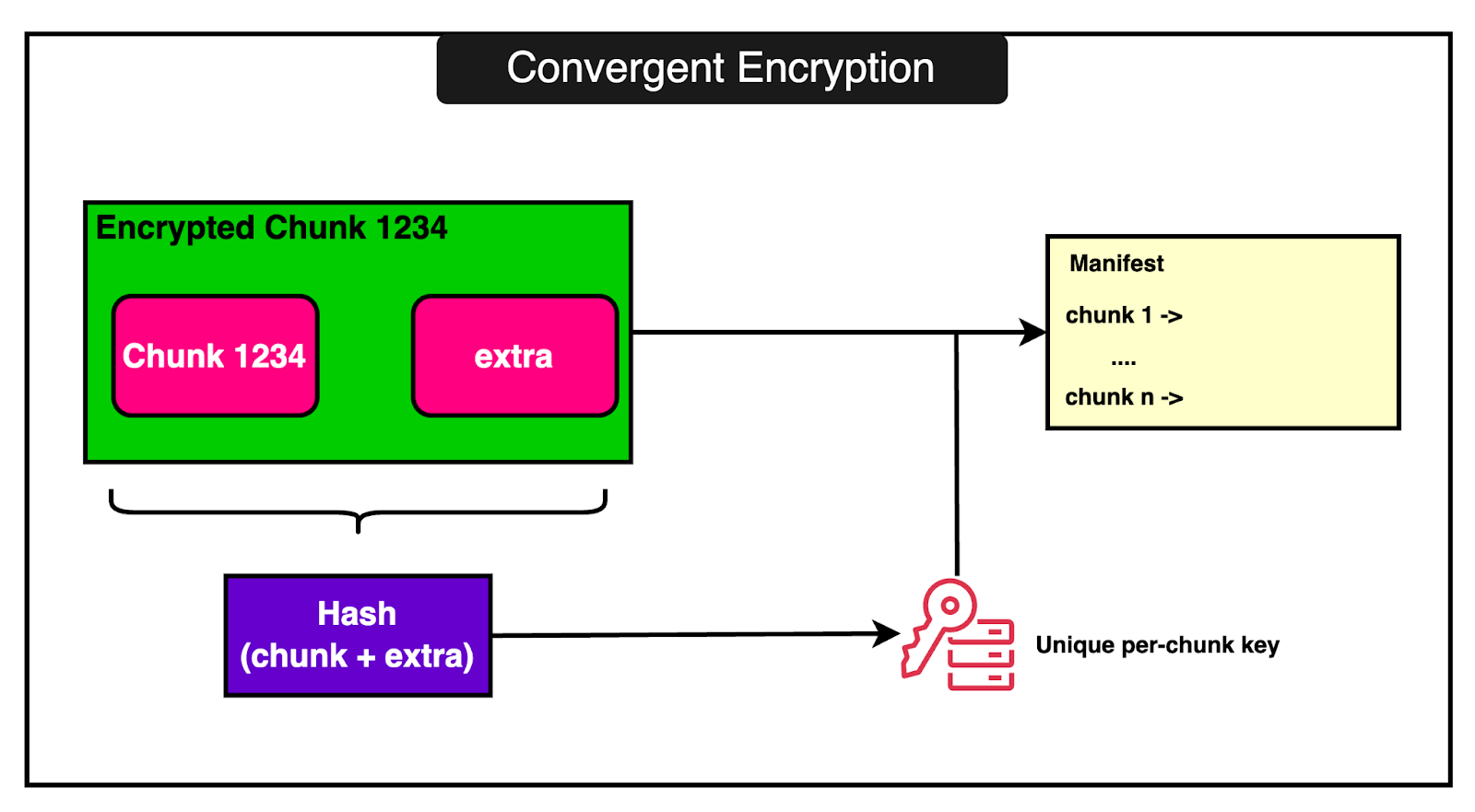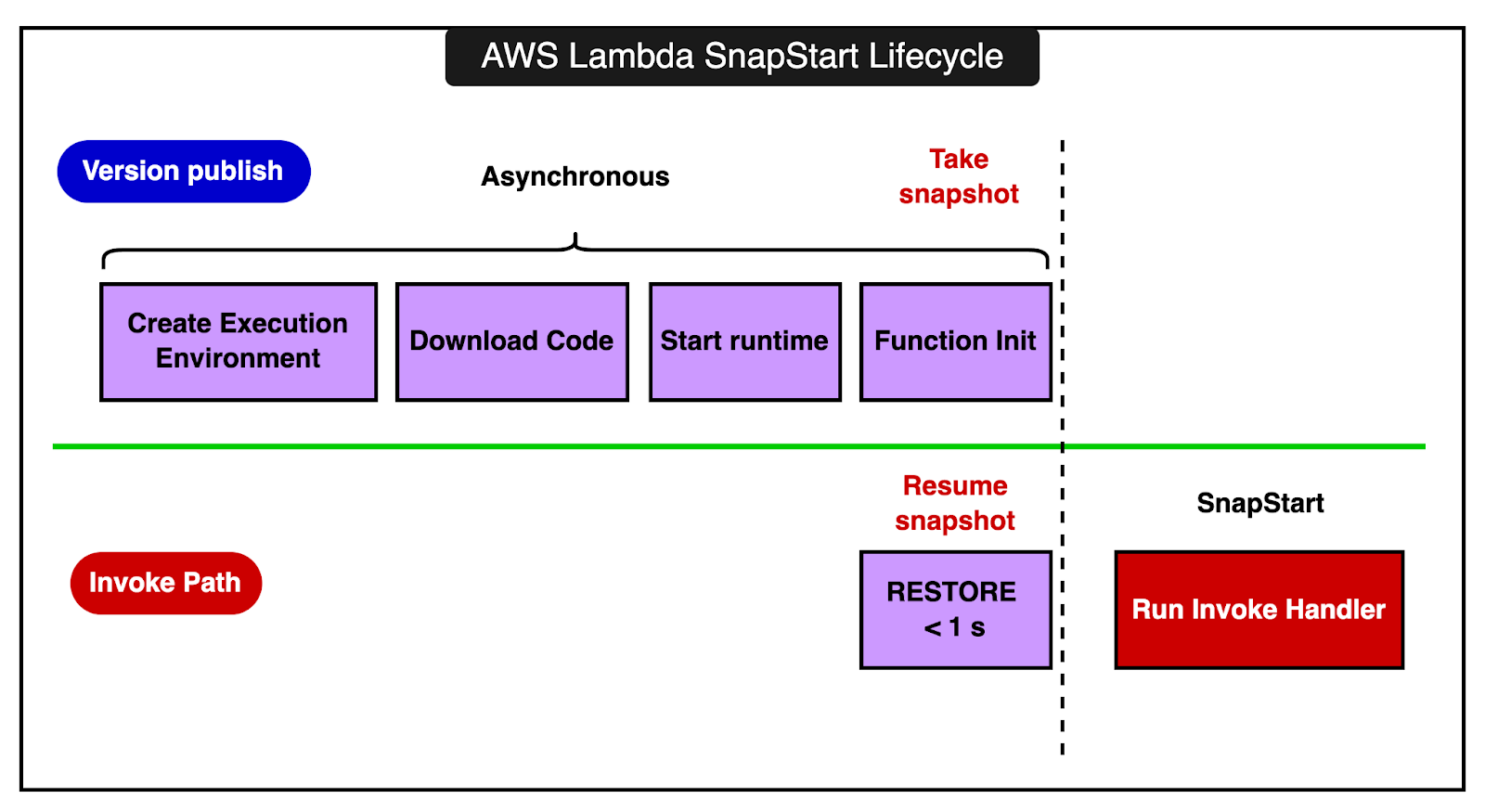Archives
- By thread 5369
-
By date
- June 2021 10
- July 2021 6
- August 2021 20
- September 2021 21
- October 2021 48
- November 2021 40
- December 2021 23
- January 2022 46
- February 2022 80
- March 2022 109
- April 2022 100
- May 2022 97
- June 2022 105
- July 2022 82
- August 2022 95
- September 2022 103
- October 2022 117
- November 2022 115
- December 2022 102
- January 2023 88
- February 2023 90
- March 2023 116
- April 2023 97
- May 2023 159
- June 2023 145
- July 2023 120
- August 2023 90
- September 2023 102
- October 2023 106
- November 2023 100
- December 2023 74
- January 2024 75
- February 2024 75
- March 2024 78
- April 2024 74
- May 2024 108
- June 2024 98
- July 2024 116
- August 2024 134
- September 2024 130
- October 2024 141
- November 2024 171
- December 2024 115
- January 2025 216
- February 2025 140
- March 2025 220
- April 2025 233
- May 2025 239
- June 2025 303
- July 2025 182
-
The week in charts
The Week in Charts
Interest rate projections, what employees value, and more Share these insights
Did you enjoy this newsletter? Forward it to colleagues and friends so they can subscribe too. Was this issue forwarded to you? Sign up for it and sample our 40+ other free email subscriptions here.
This email contains information about McKinsey's research, insights, services, or events. By opening our emails or clicking on links, you agree to our use of cookies and web tracking technology. For more information on how we use and protect your information, please review our privacy policy.
You received this email because you subscribed to The Week in Charts newsletter.
Copyright © 2024 | McKinsey & Company, 3 World Trade Center, 175 Greenwich Street, New York, NY 10007
by "McKinsey Week in Charts" <publishing@email.mckinsey.com> - 03:32 - 8 Jun 2024 -
EP115: Life is Short, Use Dev Tools
EP115: Life is Short, Use Dev Tools
This week’s system design refresher: KISS, SOLID, CAP, BASE: Important Terms You Might Not Know! (Youtube video) Life is Short, Use Dev Tools 10 Essential Components of a Production Web Application How to load your websites at lightning speed Top 8 Standards Every Developer Should Know͏ ͏ ͏ ͏ ͏ ͏ ͏ ͏ ͏ ͏ ͏ ͏ ͏ ͏ ͏ ͏ ͏ ͏ ͏ ͏ ͏ ͏ ͏ ͏ ͏ ͏ ͏ ͏ ͏ ͏ ͏ ͏ ͏ ͏ ͏ ͏ ͏ ͏ ͏ ͏ ͏ ͏ ͏ ͏ ͏ ͏ ͏ ͏ ͏ ͏ ͏ ͏ ͏ ͏ ͏ ͏ ͏ ͏ ͏ ͏ ͏ ͏ ͏ ͏ ͏ ͏ ͏ ͏ ͏ ͏ ͏ ͏ ͏ ͏ ͏ ͏ ͏ ͏ ͏ ͏ ͏ ͏ ͏ ͏ ͏ ͏ ͏ ͏ ͏ ͏ ͏ ͏ ͏ ͏ ͏ ͏ ͏ ͏ ͏ ͏ ͏ ͏ ͏ ͏ ͏ ͏ ͏ ͏ ͏ ͏ ͏ ͏ ͏ ͏ ͏ ͏ ͏ ͏ ͏ ͏ ͏ ͏ ͏ ͏ ͏ ͏ ͏ ͏ ͏ ͏ ͏ ͏ ͏ ͏ ͏ ͏ ͏ ͏ ͏ ͏ ͏ ͏ ͏ ͏ ͏ ͏ ͏ ͏ ͏ ͏ ͏ ͏ ͏ ͏ ͏ ͏ ͏ ͏ ͏ ͏ ͏ ͏ ͏ ͏ ͏ ͏ ͏ ͏ ͏ ͏ ͏ ͏ ͏ ͏ ͏ ͏ ͏ ͏ ͏ ͏ ͏ ͏ ͏ ͏ ͏ ͏ ͏ ͏ ͏ ͏ ͏ ͏ ͏ ͏ ͏ ͏ ͏ ͏ ͏ ͏ Forwarded this email? Subscribe here for moreThis week’s system design refresher:
KISS, SOLID, CAP, BASE: Important Terms You Might Not Know! (Youtube video)
Life is Short, Use Dev Tools
10 Essential Components of a Production Web Application
How to load your websites at lightning speed
Top 8 Standards Every Developer Should Know
SPONSOR US
What You Need to Know About Software Engineering Intelligence [Workshop] (Sponsored)
How can you get holistic visibility across your SDLC, insights about your engineering performance, and implement automations that unblock your bottlenecks?
Software Engineering Intelligence (SEI) Platforms are solving visibility and operations challenges for engineering teams. Join LinearB’s workshop on June 20th or 27th to learn about how SEI tools are rapidly accelerating developer productivity in enterprises.
We’ll demonstrate how you can use SEI to take on:
Developer Productivity - accelerating output
Profitable Engineering - the data behind resourcing and costs
Developer Experience - protecting team health and reducing toil
GenAI (Copilot) Impact - the effects it’s having on your software pipelines
KISS, SOLID, CAP, BASE: Important Terms You Might Not Know!
Life is Short, Use Dev Tools
The right dev tool can save you precious time, energy, and perhaps the weekend as well.
Here are our favorite dev tools:
Development Environment
A good local dev environment is a force multiplier. Powerful IDEs like VSCode, IntelliJ IDEA, Notepad++, Vim, PyCharm & Jupyter Notebook can make your life easy.Diagramming
Showcase your ideas visually with diagramming tools like DrawIO, Excalidraw, mindmap, Mermaid, PlantUML, Microsoft Visio, and MiroAI Tools
AI can boost your productivity. Don’t ignore tools like ChatGPT, GitHub Copilot, Tabnine, Claude, Ollama, Midjourney, and Stable Diffusion.Hosting and Deployment
For hosting your applications, explore solutions like AWS, Cloudflare, GitHub, Fly, Heroku, and Digital Ocean.Code Quality
Quality code is a great differentiator. Leverage tools like Jest, ESLint, Selenium, SonarQube, FindBugs, and Checkstyle to ensure top-notch quality.Security
Don’t ignore the security aspects and use solutions like 1Password, LastPass, OWASP, Snyk, and Nmap.Note-taking
Your notes are a reflection of your knowledge. Streamline your note-taking with Notion, Markdown, Obsidian, Roam, Logseq, and Tiddly Wiki.Design
Elevate your visual game with design tools like Figma, Sketch, Adobe Illustrator, Canva, and Adobe Photoshop.
Over to you: Which dev tools do you use?
Latest articles
If you’re not a paid subscriber, here’s what you missed.
To receive all the full articles and support ByteByteGo, consider subscribing:
10 Essential Components of a Production Web Application
It all starts with CI/CD pipelines that deploy code to the server instances. Tools like Jenkins and GitHub help over here.
The user requests originate from the web browser. After DNS resolution, the requests reach the app servers.
Load balancers and reverse proxies (such as Nginx & HAProxy) distribute user requests evenly across the web application servers.
The requests can also be served by a Content Delivery Network (CDN).
The web app communicates with backend services via APIs.
The backend services interact with database servers or distributed caches to provide the data.
Resource-intensive and long-running tasks are sent to job workers using a job queue.
The full-text search service supports the search functionality. Tools like Elasticsearch and Apache Solr can help here.
Monitoring tools (such as Sentry, Grafana, and Prometheus) store logs and help analyze data to ensure everything works fine.
In case of issues, alerting services notify developers through platforms like Slack for quick resolution.
Over to you: What other components would you add to the architecture of a production web app?
How to load your websites at lightning speed?
Check out these 8 tips to boost frontend performance:
Compression
Compress files and minimize data size before transmission to reduce network load.Selective Rendering/Windowing
Display only visible elements to optimize rendering performance. For example, in a dynamic list, only render visible items.Modular Architecture with Code Splitting
Split a bigger application bundle into multiple smaller bundles for efficient loading.Priority-Based Loading
Prioritize essential resources and visible (or above-the-fold) content for a better user experience.Pre-loading
Fetch resources in advance before they are requested to improve loading speed.Tree Shaking or Dead Code Removal
Optimize the final JS bundle by removing dead code that will never be used.Pre-fetching
Proactively fetch or cache resources that are likely to be needed soon.Dynamic Imports
Load code modules dynamically based on user actions to optimize the initial loading times.
Over to you: What other frontend performance tips would you add to this cheat sheet?
Top 8 Standards Every Developer Should Know
TCP/IP
Developed by the IETF organization, the TCP/IP protocol is the foundation of the Internet and one of the best-known networking standards.
HTTP
The IETF has also developed the HTTP protocol, which is essential for all web developers.
SQL
Structured Query Language (SQL) is a domain-specific language used to manage data.
OAuth
OAuth (Open Authorization) is an open standard for access delegation commonly used to grant websites or applications limited access to user information without exposing their passwords.
HTML/CSS
With HTML, web pages are rendered uniformly across browsers, which reduces development effort spent on compatibility issues.HTML tags.
CSS standards are often used in conjunction with HTML.
ECMAScript
ECMAScript is a standardized scripting language specification that serves as the foundation for several programming languages, the most well-known being JavaScript.
ISO Date
It is common for developers to have problems with inconsistent time formats on a daily basis. ISO 8601 is a date and time format standard developed by the ISO (International Organization for Standardization) to provide a common format for exchanging date and time data across borders, cultures, and industries.
OpenAPI
OpenAPI, also known as the OpenAPI Specification (OAS), is a standardized format for describing and documenting RESTful APIs.
SPONSOR US
Get your product in front of more than 500,000 tech professionals.
Our newsletter puts your products and services directly in front of an audience that matters - hundreds of thousands of engineering leaders and senior engineers - who have influence over significant tech decisions and big purchases.
Space Fills Up Fast - Reserve Today
Ad spots typically sell out about 4 weeks in advance. To ensure your ad reaches this influential audience, reserve your space now by emailing hi@bytebytego.com
Like
Comment
Restack
© 2024 ByteByteGo
548 Market Street PMB 72296, San Francisco, CA 94104
Unsubscribe
by "ByteByteGo" <bytebytego@substack.com> - 11:35 - 8 Jun 2024 -
¿Puede su empresa seguir siendo global?
Además, supere la fase de luna de miel de la IA generativa
by "Destacados de McKinsey" <publishing@email.mckinsey.com> - 08:49 - 8 Jun 2024 -
Why are so many bosses ineffective leaders?
Only McKinsey
Competence versus confidence Brought to you by Liz Hilton Segel, chief client officer and managing partner, global industry practices, & Homayoun Hatami, managing partner, global client capabilities
•
Bad bosses. Leaders aren’t always chosen based on competence or merit, Dr. Tomas Chamorro-Premuzic shares on an episode of the McKinsey Talks Talent. The author of Why Do So Many Incompetent Men Become Leaders? (And How to Fix It) has found that gender is a strong predictor of who becomes a boss. Dr. Chamorro-Premuzic joined McKinsey talent leaders Brooke Weddle and Bryan Hancock on the podcast to discuss how to choose more capable and diverse leaders.
—Edited by Jana Zabkova, senior editor, New York
This email contains information about McKinsey's research, insights, services, or events. By opening our emails or clicking on links, you agree to our use of cookies and web tracking technology. For more information on how we use and protect your information, please review our privacy policy.
You received this newsletter because you subscribed to the Only McKinsey newsletter, formerly called On Point.
Copyright © 2024 | McKinsey & Company, 3 World Trade Center, 175 Greenwich Street, New York, NY 10007
by "Only McKinsey" <publishing@email.mckinsey.com> - 01:09 - 7 Jun 2024 -
A Crash Course on Content-Delivery Networks (CDN)
A Crash Course on Content-Delivery Networks (CDN)
In the era of the modern web, latency can directly impact an organization’s bottom line. Here are some stats from a study by Portent: A page that loads in 1 second has a 3x higher conversion rate than a page that takes 5 seconds to load. E-commerce conversion rates decrease by 0.3% for every second of load time.͏ ͏ ͏ ͏ ͏ ͏ ͏ ͏ ͏ ͏ ͏ ͏ ͏ ͏ ͏ ͏ ͏ ͏ ͏ ͏ ͏ ͏ ͏ ͏ ͏ ͏ ͏ ͏ ͏ ͏ ͏ ͏ ͏ ͏ ͏ ͏ ͏ ͏ ͏ ͏ ͏ ͏ ͏ ͏ ͏ ͏ ͏ ͏ ͏ ͏ ͏ ͏ ͏ ͏ ͏ ͏ ͏ ͏ ͏ ͏ ͏ ͏ ͏ ͏ ͏ ͏ ͏ ͏ ͏ ͏ ͏ ͏ ͏ ͏ ͏ ͏ ͏ ͏ ͏ ͏ ͏ ͏ ͏ ͏ ͏ ͏ ͏ ͏ ͏ ͏ ͏ ͏ ͏ ͏ ͏ ͏ ͏ ͏ ͏ ͏ ͏ ͏ ͏ ͏ ͏ ͏ ͏ ͏ ͏ ͏ ͏ ͏ ͏ ͏ ͏ ͏ ͏ ͏ ͏ ͏ ͏ ͏ ͏ ͏ ͏ ͏ ͏ ͏ ͏ ͏ ͏ ͏ ͏ ͏ ͏ ͏ ͏ ͏ ͏ ͏ ͏ ͏ ͏ ͏ ͏ ͏ ͏ ͏ ͏ ͏ ͏ ͏ ͏ ͏ ͏ ͏ ͏ ͏ ͏ ͏ ͏ ͏ ͏ ͏ ͏ ͏ ͏ ͏ ͏ ͏ ͏ ͏ ͏ ͏ ͏ ͏ ͏ ͏ ͏ ͏ ͏ ͏ ͏ ͏ ͏ ͏ ͏ ͏ ͏ ͏ ͏ ͏ ͏ ͏ ͏ ͏ ͏ ͏ ͏ ͏ Forwarded this email? Subscribe here for moreLatest articles
If you’re not a subscriber, here’s what you missed this month.
To receive all the full articles and support ByteByteGo, consider subscribing:
In the era of the modern web, latency can directly impact an organization’s bottom line.
Here are some stats from a study by Portent:
A page that loads in 1 second has a 3x higher conversion rate than a page that takes 5 seconds to load.
E-commerce conversion rates decrease by 0.3% for every second of load time.
The optimal loading time to maximize sales is less than 2 seconds.
One of the most effective strategies to reduce latency is using a Content-Delivery Network or a CDN.
A CDN is a geographically distributed network of servers that work together to deliver fast and reliable content delivery across the globe.
When a user requests content from a website or application that uses a CDN, the request is redirected to the nearest CDN server, which serves the content to the user. This reduces the distance data travels and improves overall performance.
Think of a CDN like an ATM. If money were available only from one bank branch in town, everyone would have to make a time-consuming trip to that branch. With ATMs in every locality, everyone has fast and easy access to money.
The market size for CDN-related solutions is expected to reach nearly $38 billion by 2028, with companies like Akamai, Cloudflare, and Amazon CloudFront investing heavily in improving their CDN offerings.
Why the Need for a CDN?...

Continue reading this post for free, courtesy of Alex Xu.
A subscription gets you:
An extra deep dive on Thursdays Full archive Many expense it with team's learning budget Like
Comment
Restack
© 2024 ByteByteGo
548 Market Street PMB 72296, San Francisco, CA 94104
Unsubscribe
by "ByteByteGo" <bytebytego@substack.com> - 11:36 - 6 Jun 2024 -
Learn
Dear Exhibitor,
Hope this note finds you well.
I am writing to confirm, whether you are interested in acquiring the attendees mailing list of the below mentioned tradeshow ?
IRMA 2024 (June 20-22, 2024 | Hamburg, Germany)
Information fields include : Contact name Company name Job Title Company Mailing address with Zip Code Phone Number Website URL and contact person verified business email address.
The complete list is available for a small investment, with unlimited usage rights, you can use this list for your regular marketing campaigns too.
Please let me know your interest so that we can get back to you with more details on Counts and Pricing available for this list.
Thank you and we awaiting your response.
Regards,
Jessica Martin - Events & Trade Show Specialist.
To remove from this mailing: reply with subject line as "Remove"
by "Jessica Martin" <jessica.martin@reachprospects.onmicrosoft.com> - 06:36 - 6 Jun 2024-
RE: Learn
Hello,
Did you have a chance to view my previous email which I have sent you?
Kindly share your thoughts about acquiring the list, so that we can give you the cost & count details.
Regards,
Jessica
From: Jessica Martin
Sent: Thursday, June 6, 2024 4:06 PM
To: info@learn.odoo.com
Subject: LearnDear Exhibitor,
Hope this note finds you well.
I am writing to confirm, whether you are interested in acquiring the attendees mailing list of the below mentioned tradeshow ?
IRMA 2024 (June 20-22, 2024 | Hamburg, Germany)
Information fields include : Contact name Company name Job Title Company Mailing address with Zip Code Phone Number Website URL and contact person verified business email address.
The complete list is available for a small investment, with unlimited usage rights, you can use this list for your regular marketing campaigns too.
Please let me know your interest so that we can get back to you with more details on Counts and Pricing available for this list.
Thank you and we awaiting your response.
Regards,
Jessica Martin - Events & Trade Show Specialist.
To remove from this mailing: reply with subject line as "Remove"
by "Jessica Martin" <jessica.martin@reachprospects.onmicrosoft.com> - 02:56 - 18 Jun 2024 -
RE: Learn
Hello,
Did you have a chance to view my previous email which I have sent you?
Kindly share your thoughts about acquiring the list, so that we can give you the cost & count details.
Regards,
Jessica
From: Jessica Martin
Sent: Thursday, June 6, 2024 4:06 PM
To: info@learn.odoo.com
Subject: LearnDear Exhibitor,
Hope this note finds you well.
I am writing to confirm, whether you are interested in acquiring the attendees mailing list of the below mentioned tradeshow ?
IRMA 2024 (June 20-22, 2024 | Hamburg, Germany)
Information fields include : Contact name Company name Job Title Company Mailing address with Zip Code Phone Number Website URL and contact person verified business email address.
The complete list is available for a small investment, with unlimited usage rights, you can use this list for your regular marketing campaigns too.
Please let me know your interest so that we can get back to you with more details on Counts and Pricing available for this list.
Thank you and we awaiting your response.
Regards,
Jessica Martin - Events & Trade Show Specialist.
To remove from this mailing: reply with subject line as "Remove"
by "Jessica Martin" <jessica.martin@reachprospects.onmicrosoft.com> - 06:03 - 13 Jun 2024
-
-
https://www.odoo.com/
--hihope you all is welli need to post on your site;https://www.odoo.com/please tell me your pricesnormal post;link insertion;Casino/cbd/gamblingi will pay after live linkwaiting for your responsethanksregard;
by "Awais Blogger" <awaisbloggerseo@gmail.com> - 03:59 - 6 Jun 2024 -
How much does spiritual health matter around the world?
Only McKinsey
Global differences in spiritual health Brought to you by Liz Hilton Segel, chief client officer and managing partner, global industry practices, & Homayoun Hatami, managing partner, global client capabilities
•
Church and community. Actively practicing one’s religion—for instance, through attending services at churches and other houses of worship—is associated with mental health benefits, the Wall Street Journal reports. Experts and ministers state that gathering in mosques, synagogues, and similar places can give people a place to belong. Many religious groups provide opportunities to help others, which cultivates compassion and may increase mental well-being. [WSJ]
•
Spiritual health. Whether found within a calling, a form of divinity, or something else, spiritual health is an important dimension of health, McKinsey partner Kana Enomoto and coauthors share. A recent McKinsey Health Institute (MHI) survey of 41,000 individuals found that regardless of age, country, or religious beliefs, spiritual health matters to many. Learning how important spiritual health is to different groups could help people understand others across the world.
•
Purposeful workplaces. Spiritual health can be deeply personal, but MHI’s findings suggest that the workplace may be one of many places where individuals experience a sense of purpose and positive spiritual health. About two-thirds of Gen Z respondents, for example, said spiritual-health considerations, such as a purposeful mission statement, were “very important” or “important” when it came to selecting an employer. Consider how organizations can boost spiritual and overall health.
—Edited by Belinda Yu, editor, Atlanta
This email contains information about McKinsey's research, insights, services, or events. By opening our emails or clicking on links, you agree to our use of cookies and web tracking technology. For more information on how we use and protect your information, please review our privacy policy.
You received this newsletter because you subscribed to the Only McKinsey newsletter, formerly called On Point.
Copyright © 2024 | McKinsey & Company, 3 World Trade Center, 175 Greenwich Street, New York, NY 10007
by "Only McKinsey" <publishing@email.mckinsey.com> - 01:47 - 6 Jun 2024 -
Fwd: ANY INQUIRY TO CHITTAGONG OR MONGLA PORT IN BANGLADESH
-------- Forwarded Message --------Subject: ANY INQUIRY TO CHITTAGONG OR MONGLA PORT IN BANGLADESH Date: Mon, 3 Jun 2024 20:24:44 +0700 From: MD Abul Khayer <abul.k@mssmenterprise.com> To: mmccormick@contoso.com
Dear Sir/ Madam,
Kind Attention: Purchasing/technical/marketing department & Vessel masterHave a wonderful Everyday!! It
is a great pleasure to introduce ourselves. We are a Chittagong port/ customs- approved leading ship supplier in Bangladesh. We provide ship chandelier service, ship repair service, and marine spare parts supply and export for any type of vessel, taking into account a competitive, reasonable, and cost- effective budget to provide smooth service during your vessel's stay in Chittagong or Mongla port in Bangladesh. We are available to our customers around the clock. INFORMATIVELY OF OUR TECHNICAL JOBS/ ACTIVITIES ARE GIVEN BELOW:
*
Physical Bunkers & Lubricants *
Sludge & Slop oil disposal ( Free of Cost) *
All types of Garbage Disposal Facility. *
Cargo Hold/ Deck & Tank Cleaning Facility *
All kinds of Spare parts *
Life Raft Servicing. *
Stores Supply ( Deck. Eng. Electrical). *
Provision & Bond supplier *
Ships Any Repairing. *
Ships Watchmen Supply. *
Radar Repairing. *
Oxygen / Acetylene / Freon Bottle Refilling Etc. *
Co2 Refill, Inspection Servicing Include All Fire Fighting Equipment's. *
All Kinds Of Marine Machinery Electrical Item Navigation Etc Repairing, *
All Kinds Of Electric Motor Rewinding. *
All Kinds Of Hydraulic Motor/ Pump Supply And Rewinding. *
Turbo Charger Supply. *
Gmdss/ Navigational Equipment Supply. *
Gas Detection Equipment, Testing And Certification.
I would be extremely grateful to you for the above and assure you of our excellent services at all times. I look forward to your favorable response. If you require any further information, please email us
Best Regards,
MD Abul Khayer,Country Director (Thailand),Cell: +66930090021 ( Whatsapp/ Line)Email: info@mssmenterprise.comQuery: query@mssmenterprise.com
by "MD Abul Khayer" <abul.k@mssmenterprise.com> - 12:08 - 6 Jun 2024 -
PRODUCTS INQUIRY
Hello,
Good day,
As the new purchaseing manager of the company, I have taken over from Mary Loerzel,. I believe shesent a request for quotation to you before she retirement but I have not been able to see your quote on our system.
We urgently need more details including specifications, possible options, availability, and prices at the earliest?
please send them to my email address here AjayWheeler@hotmail.com
Best regard,Ajay Wheeler
Purchasing department.
E-:mail ajaywheeler@hotmail.comTel +6281584541442Address: 105 Pancoran Riverside Jakarta Indonesia
by "Mary Loerzel" <cayugatreemary@msn.com> - 10:21 - 5 Jun 2024 -
$1M Saved with Data Tiering - Case Study
Sumo Logic
Indisputable Savings with Scalable Log Monitoring and Management

When you centralize the log data you supercharge the problem solving.
Trying to manage data costs?
With a 12 TB log volume per day, Infor needed a scalable log analytics solution that didn’t strain the budget.
Key savings achievements:
Impressive savings, no?
Since this case study, we've launched our industry-leading analytics-based pricing model, which includes unlimited log ingestion and indexing at $0 with unlimited users.
It’s time to re-think the economics of ingest-based pricing.Sumo Logic, Aviation House, 125 Kingsway, London WC2B 6NH, UK
© 2024 Sumo Logic, All rights reserved.Unsubscribe 


by "Sumo Logic" <marketing-info@sumologic.com> - 09:00 - 5 Jun 2024 -
https://www.odoo.com/
--Hi,I hope you're doing well. I wanted to reach out and see if you accept guest posts on your platform. I have some valuable content that I believe would be a great fit for your audience.If you're interested, please let me know and I can provide more details and discuss potential topics.Thank you for your time and consideration.Best regards,
by "Nataliya Diana" <nataliyadianaseo@gmail.com> - 05:48 - 5 Jun 2024 -
Subject: Paid Guest Post: Boost Engagement on your website
Hi there,
Longtime reader of content. I'm very impressed with your quality of content. I have a passion for writing and I am
looking to create a paid guest post that drives engagement for your audience. Open to discussing topics & rates.
Interested? Let's chat.
Best,
Rose smith
by "Rose Smith" <rosesmith77865@gmail.com> - 02:53 - 5 Jun 2024 -
Subject: Paid Guest Post: Boost Engagement on your website
Hi there,
Longtime reader of content. I'm very impressed with your quality of content. I have a passion for writing and I am
looking to create a paid guest post that drives engagement for your audience. Open to discussing topics & rates.
Interested? Let's chat.
Best,
Rose smith
by "Rose Smith" <rosesmith77865@gmail.com> - 02:46 - 5 Jun 2024 -
What could help make life more affordable?
Only McKinsey
4 big global affordability issues Brought to you by Liz Hilton Segel, chief client officer and managing partner, global industry practices, & Homayoun Hatami, managing partner, global client capabilities
•
Steep costs. Millions of people are struggling to afford life’s necessities. The empowerment line, which considers the daily cost of a basket of essential goods and services, can shed light on whether people have sufficient spending power to meet their basic needs. If all countries could lower the costs of essential goods and services to match peers with better affordability for people at the same income level, some 230 million additional people could reach the empowerment line, McKinsey Global Institute director Kweilin Ellingrud and coauthors reveal.
—Edited by Belinda Yu, editor, Atlanta
This email contains information about McKinsey's research, insights, services, or events. By opening our emails or clicking on links, you agree to our use of cookies and web tracking technology. For more information on how we use and protect your information, please review our privacy policy.
You received this newsletter because you subscribed to the Only McKinsey newsletter, formerly called On Point.
Copyright © 2024 | McKinsey & Company, 3 World Trade Center, 175 Greenwich Street, New York, NY 10007
by "Only McKinsey" <publishing@email.mckinsey.com> - 01:04 - 5 Jun 2024 -
AWS Lambda Under the Hood
AWS Lambda Under the Hood
WorkOS: enterprise-grade auth for modern SaaS apps (Sponsored) WorkOS helps companies become Enterprise Ready ridiculously fast. → It supports a complete User Management solution along with SSO, SCIM, RBAC, & FGA. → Unlike other auth providers that rely on user-centric models, WorkOS is designed for B2B SaaS with an org modeling approach.͏ ͏ ͏ ͏ ͏ ͏ ͏ ͏ ͏ ͏ ͏ ͏ ͏ ͏ ͏ ͏ ͏ ͏ ͏ ͏ ͏ ͏ ͏ ͏ ͏ ͏ ͏ ͏ ͏ ͏ ͏ ͏ ͏ ͏ ͏ ͏ ͏ ͏ ͏ ͏ ͏ ͏ ͏ ͏ ͏ ͏ ͏ ͏ ͏ ͏ ͏ ͏ ͏ ͏ ͏ ͏ ͏ ͏ ͏ ͏ ͏ ͏ ͏ ͏ ͏ ͏ ͏ ͏ ͏ ͏ ͏ ͏ ͏ ͏ ͏ ͏ ͏ ͏ ͏ ͏ ͏ ͏ ͏ ͏ ͏ ͏ ͏ ͏ ͏ ͏ ͏ ͏ ͏ ͏ ͏ ͏ ͏ ͏ ͏ ͏ ͏ ͏ ͏ ͏ ͏ ͏ ͏ ͏ ͏ ͏ ͏ ͏ ͏ ͏ ͏ ͏ ͏ ͏ ͏ ͏ ͏ ͏ ͏ ͏ ͏ ͏ ͏ ͏ ͏ ͏ ͏ ͏ ͏ ͏ ͏ ͏ ͏ ͏ ͏ ͏ ͏ ͏ ͏ ͏ ͏ ͏ ͏ ͏ ͏ ͏ ͏ ͏ ͏ ͏ ͏ ͏ ͏ ͏ ͏ ͏ ͏ ͏ ͏ ͏ ͏ ͏ ͏ ͏ ͏ ͏ ͏ ͏ ͏ ͏ ͏ ͏ ͏ ͏ ͏ ͏ ͏ ͏ ͏ ͏ ͏ ͏ ͏ ͏ ͏ ͏ ͏ ͏ ͏ ͏ ͏ ͏ ͏ ͏ ͏ ͏ Forwarded this email? Subscribe here for moreWorkOS: enterprise-grade auth for modern SaaS apps (Sponsored)
WorkOS helps companies become Enterprise Ready ridiculously fast.
→ It supports a complete User Management solution along with SSO, SCIM, RBAC, & FGA.
→ Unlike other auth providers that rely on user-centric models, WorkOS is designed for B2B SaaS with an org modeling approach.
→ The APIs are flexible, easy-to-use, and modular. Pick and choose what you need and integrate in minutes.
→ Best of all, User Management is free up to 1 million MAUs and includes bot protection, impersonation, MFA, & more.
Future-proof your auth stack with WorkOS
Disclaimer: The details in this post have been derived from multiple AWS reInvent talks and articles by the Amazon engineering team. All credit for information about AWS Lambda’s internals goes to the presenters and authors. The link to these videos and articles is present in the references section at the end of the post. We’ve attempted to analyze the details and provide our input about them. If you find any inaccuracies or omissions, please leave a comment, and we will do our best to fix them.
AWS Lambda is a serverless compute service that allows developers to run code without provisioning or managing servers.
Lambda functions can be triggered by various AWS services, HTTP endpoints, or custom events generated by applications. This makes it highly versatile for building event-driven architectures.
There are some interesting stats about AWS Lambda:
Processes over 10 trillion invocations per month.
More than a million customers have built applications using AWS Lambda.
The customer base includes individuals, startups, enterprises, and large organizations.
Supports various applications, such as IT automation, data processing pipelines, microservices-based applications, web applications, and machine learning workloads.
The timeline below shows the evolution of AWS Lambda over the years.
In this post, we will look at the architecture and internals of AWS Lambda.
How is a Lambda Function Invoked?
There are two types of invocation models supported by Lambda.
1 - Synchronous Invocation
In synchronous invocation, the caller directly calls the Lambda function. This can be done using the AWS CLI, SDK, or other services like the API Gateway.
The diagram below shows the entire process:
The process involves the following components:
Front-End Service: The front-end service performs authentication and authorization of the request. It also loads and caches metadata to optimize performance.
Counting Service: This service checks quota limits based on account, burst, or reserved concurrency. It ensures high throughput and low latency while operating across multiple availability zones (AZs).
Assignment Service: The assignment service routes invocation requests to available worker hosts. It coordinates the creation of secure execution environments, setting up limits such as memory and CPU allocation. We will talk more about it in a later section.
Placement Service: The assignment service communicates with the placement service to determine the best worker host to handle the new execution environment. The placement service uses machine learning models to make informed decisions about where to place new execution environments. These models take into account variables such as packing density and fleet utilization to make the decisions.
Worker Hosts: They are responsible for downloading, mounting, and running the function code within a microVM. They manage multiple runtimes (such as Node.js, Java, and Python) and Lambda agents for monitoring and operation.
When an invocation occurs, it can have a warm or cold start.
If a warm (already running) execution environment is available, the payload is sent directly to it, and the function runs immediately.
If no warm environment is available, a new execution environment is created. The process involves initializing the runtime, downloading function code, and preparing the environment for execution.
The assignment service keeps track of execution environments. If there are errors during initialization, the environment is marked unavailable. When environments are near the end of their lease, they are gracefully shut down to ensure stability and resource efficiency.
2 - Asynchronous Invocation
In asynchronous invocation, the caller doesn’t wait for the function’s response. Instead, the event is placed in an internal queue and processed separately.
The process involves:
Event Invoke Frontend Service: This service handles asynchronous requests. It authenticates and authorizes the request, then places the event in an internal SQS queue.
Polling Instances: A fleet of pollers reads messages from the SQS queues and sends them to the synchronous front-end service for processing.
Synchronous Processing: Despite being an async request, the actual function execution uses the same synchronous processing pathway as described earlier.
Event Destinations: These can be configured to handle callbacks after processing, providing notifications of success or failure.
The diagram below shows the asynchronous invocation process:
Lambda manages multiple internal queues, scaling them dynamically based on load. The queue manager oversees the creation, deletion, and monitoring of these queues to ensure efficient processing.
As far as polling is concerned, Lambda can poll from various event sources like Kinesis, DynamoDB, SQS, Kafka, and Amazon MQ. The pollers perform the following functions:
Read and Filter: Poll messages from the sources, optionally filtering them to reduce traffic and simplify function code.
Batch Processing: Batch records together before sending them to the function, optimizing performance and reducing costs.
Synchronous Invocation: Use the same synchronous pathway to execute the function, ensuring consistency.
Control plane services (such as State Manager and Stream Tracker) manage the pollers, ensuring they are assigned correctly, scaling them up or down, and handling failures gracefully.
In case a function fails, the message is returned to the queue with a visibility timeout, allowing for retries.
Latest articles
If you’re not a paid subscriber, here’s what you missed.
To receive all the full articles and support ByteByteGo, consider subscribing:
State Management in Lambda
In the earlier architecture of AWS Lambda, the Worker Manager service was responsible for coordinating the execution environments between the frontend invoke service and the worker hosts.
The worker manager performed a couple of important tasks:
State Management: The Worker Manager kept track of which execution environments were available and on which hosts they were running.
Execution Lifecycle: It managed the lifecycle of these environments, ensuring that they were ready to process invocations and handling termination when no longer needed.
There were some challenges with the worker manager:
Single Point of Failure: Each Worker Manager instance stored the state of execution environments in memory. If a Worker manager failed, the execution environments it managed could become orphaned.
Orphaned Environments: Orphaned environments could continue processing current invocations but could not be used for new invocations, leading to cold starts and inefficient resource utilization.
Zonal Failures: In case of a failure in an Availability Zone (AZ), Worker Managers in that AZ would become unavailable. This will also make the environments managed by them unavailable, resulting in capacity loss and increased cold start latencies.
Introduction of the Assignment Service
To address the challenges with Worker Manager, AWS Lambda introduced the Assignment Service which offers a more robust and resilient way to manage execution environments.
The Assignment Service is written in Rust, which is chosen for its performance, memory safety, and low latency characteristics.
The diagram below shows the high-level design of the Assignment Service
The architecture of the Assignment Service has some key properties:
1 - Partitioned Design
The Assignment Service is divided into multiple partitions. Each partition consists of one leader and two followers, spread across different Availability Zones (AZs). This ensures high availability and fault tolerance.
Multiple partitions run simultaneously, with each Assignment Service host managing several partitions. This helps with load distribution and provides redundancy.
2 - External Journal Log Service
The leader in each partition writes the state of execution environments to an external journal log service. The followers read from this log to keep their state in sync with the leader.
In case the leader fails, one of the followers can quickly take over as the new leader using the state information from the journal log.
3 - Frontend Interaction
The frontend invoke service interacts with the leader of the relevant partition to manage invocations.
The leader coordinates with the placement service to create new execution environments and writes this information to the log for followers to update their state.
4 - Failure Handling
If an AZ experiences an outage, the leader and followers in other AZs continue to operate. This means that execution environments in the unaffected AZs remain available and aren’t orphaned.
If a leader fails, a follower can take over quickly using the replicated state, ensuring that there are no interruptions in service and reducing the chances of cold starts.
The Role of Firecracker MicroVM
Firecracker is a lightweight virtual machine manager (VMM) designed specifically for running serverless workloads such as AWS Lambda and AWS Fargate. It uses Linux’s Kernel-based Virtual Machine to create and manage microVMs.
The primary goal of Firecracker is to provide secure and fast-booting microVMs.
Initially, AWS Lambda used EC2 instances to run functions, dedicating a T2 instance to each tenant. This was secure but inefficient, leading to high overhead due to the need for provisioning entire EC2 instances for each function.
In 2018, Lambda transitioned to using Firecracker for managing execution environments. This allowed for much smaller, lightweight microVMs, significantly reducing resource overhead and improving the fleet’s efficiency.
Here are some key technical details of the Firecracker implementation.
1 - MicroVMs and Isolation
Firecracker enables the creation of microVMs, which are smaller and more efficient than traditional VMs. Each microVM runs its isolated execution environment, including the runtime, function code, and any extensions.
Firecracker ensures a strong solution between microVMs, which is crucial for multi-tenant environments where different customer functions run on the same physical host.
2 - Startup Times
Firecracker microVMs are designed to boot in milliseconds, significantly reducing the cold start latency for Lambda functions.
For further optimization, Lambda uses a feature called SnapStart (initially available for the Corretto Java 11 runtime). SnapStart pre-initializes execution environments and takes snapshots, which are restored on demand when needed. We will talk more about it in the next section.
3 - Resource Utilization
By running multiple microVMs on a single physical host, Firecracker improves CPU utilization, memory, and storage resources. This allows Lambda to handle more functions with fewer resources.
Also, Firecracker supports the dynamic scaling of resources for quick adjustment to changing workloads.
4 - Storage and Networking
Lambda uses a virtual file system driver to present an EXT4 file system to the microVMs. This driver handles file system calls and maps them to the underlying storage.
Firecracker optimizes network performance by providing high-speed virtual network interfaces, ensuring fast and reliable communication.
Lambda as a Storage Service
AWS Lambda is primarily known as a serverless compute service. However, it also incorporates significant storage service functionalities.
Think of Lambda not just as a compute service but also as a storage service because it deals with storing and managing a lot of data behind the scenes.
But why is storage important for Lambda?
It’s because when you run a function on Lambda, it needs three main things:
Input Data: The information or data your function will process
Function Code: The code you wrote that tells Lambda what to do
Execution Environment: The virtual machine (VM) where your code runs.
To make all of this work smoothly, Lambda needs to manage and store these components efficiently.
1 - Storing Code and Data Efficiently
Instead of storing your entire code or data as one big piece, Lambda breaks it down into smaller pieces called chunks.
This process is known as chunking and it allows Lambda to handle large and complex functions more effectively.
Here’s how it works:
Breaking down container images: When you upload a container image (which can be up to 10 GB) to AWS Lambda, it doesn’t store the entire image as one big file. Instead, Lambda breaks this image down into smaller pieces or chunks. For example, the base OS layer is broken down into smaller pieces, the runtime layer into another set of pieces, and so on.
Storage and Access: These chunks are then stored separately, making it easier to manage and retrieve them as needed. When your function runs, Lambda only loads the chunks it needs at that moment, rather than the entire image. This is much faster and more efficient.
Retrieving Chunks: When your function is invoked, Lambda checks which parts of the container image it needs to execute the function. It then retrieves only those specific chunks from storage.
Optimizing Performance: Since only the required chunks are loaded, this reduces the amount of data that needs to be transferred and processed, leading to faster startup times and better performance. Frequently accessed chunks can be cached to avoid fetching them from the main storage repeatedly.
2 - Sharing Common Data
Lambda often runs many functions that use similar code or data such as base operating system layer or common runtime libraries.
Instead of storing multiple copies of the same thing, it stores one copy and reuses it.
To make sure the shared data is secure, Lambda uses a technique called convergent encryption.
But how does convergent encryption work?
Plaintext Chunk Creation: Lambda starts with a plaintext chunk, which is a segment of the flattened file system of a container image. Each chunk represents a specific range of the block device that makes up the file system.
Appending Extra Data: To ensure security and integrity, additional data is appended to the chunk. This extra data is generated by the Lambda service and can include metadata or unique identifiers. The purpose of this extra data is to add a layer of uniqueness to the chunk.
Hash Computation: A cryptographic hash function is used to compute a hash of the combined plaintext chunk and extra data. This hash serves as the encryption key for that specific chunk, ensuring that identical chunks produce the same hash and thus the same encryption key.
Encryption: The plaintext chunk, along with the extra data, is then encrypted using the computed hash as the encryption key.
Manifest Creation: Lambda creates a manifest file that contains the keys (hashes) and pointers to the encrypted chunks in the storage subsystem. The manifest itself is encrypted with a customer-specific AWS Key Management Service, ensuring that only authorized entities can access it.
3 - Making Initialization Faster with SnapStart
When a Lambda function is invoked and there isn’t an already running execution environment, Lambda has to create a new one. This involves several steps:
Provisioning: Setting up a new virtual machine
Downloading: Retrieving the function code from storage
Initializing: Starting the runtime and initializing the function code.
These steps can take time, especially for complex functions or runtimes like Java, which have longer startup times. This delay is known as cold start latency.
SnapStart is a feature designed to significantly reduce cold start latency by pre-initializing the execution environment and then using snapshots.
Here’s how it works:
When you update your function code or deploy a new version, Lambda performs an initial setup and creates a new execution environment.
Once the execution environment is fully set up and ready to handle invocations, Lambda takes a snapshot of this environment. The snapshot captures the entire state of the VM, including the memory state, runtime state, and initialized data. The snapshot is then broken down into smaller pieces and encrypted to ensure security.
These encrypted chunks are stored securely.
When a new invocation request arrives, Lambda first checks if there’s an already running execution environment (a warm start). If not, it proceeds to use the snapshot. The necessary chunks are loaded and decrypted and the environment is brought back to the state it was in when the snapshot was taken.
Conclusion
AWS Lambda revolutionized the way developers build and deploy applications by providing a serverless environment that abstracts away the complexities of infrastructure management.
Here are the main takeaways from the internals of AWS Lambda:
To achieve the impressive statistics associated with Lambda, AWS leverages multiple advanced techniques such as chunking and convergent encryption to manage and share common data.
The introduction of SnapStart addressed the critical challenge of cold start latency, particularly for runtimes like Java.
The transition from the Worker Manager to the Assignment Service marked a significant improvement in state management.
With Firecracker microVMs, Lambda achieves lightweight and secure virtualization.
References:
SPONSOR US
Get your product in front of more than 500,000 tech professionals.
Our newsletter puts your products and services directly in front of an audience that matters - hundreds of thousands of engineering leaders and senior engineers - who have influence over significant tech decisions and big purchases.
Space Fills Up Fast - Reserve Today
Ad spots typically sell out about 4 weeks in advance. To ensure your ad reaches this influential audience, reserve your space now by emailing hi@bytebytego.com
Like
Comment
Restack
© 2024 ByteByteGo
548 Market Street PMB 72296, San Francisco, CA 94104
Unsubscribe
by "ByteByteGo" <bytebytego@substack.com> - 11:37 - 4 Jun 2024 -
Subject: Paid Guest Post: Boost Engagement on your website
Hi there,
Longtime reader of content. I'm very impressed with your quality of content. I have a passion for writing and I am
looking to create a paid guest post that drives engagement for your audience. Open to discussing topics & rates.
Interested? Let's chat.
Best,
Anthony brown
by "Anthony Brown" <anthonybrown30754@gmail.com> - 06:38 - 4 Jun 2024 -
Don't forget our API platform insights online panel discussion on 18 June!
Don't forget our API platform insights online panel discussion on 18 June!
Unlock the secrets of API platforms with our experts. Explore trends, metrics, and AI's impact on efficiency and ROI.Hi Md Abul,
Quick reminder! Our API platform insights online panel discussion, in collaboration with Research HQ, is happening soon. It's all about formulating a successful API platform strategy and accelerating your API platform maturity.
📅 Date: 18th of June
🕙 Time: 10 am EDT / 3 pm BST
📍 Location: ZoomJoin industry experts Jennifer Riggins, Nicki Watt and yours truly as we delve into the API platform insights 2024 report, exploring current trends in the world of API platforms, how teams are measuring success, and the impact of AI-based tools to help platform teams boost efficiency and ROI.
Thanks,
Budha & teamTyk, 87a Worship Street, London, City of London EC2A 2BE, United Kingdom, +44 (0)20 3409 1911
by "Budhaditya Bhattacharya" <budha@tyk.io> - 06:00 - 4 Jun 2024 -
What’s the top concern for today’s business leaders?
Only McKinsey
How capital flows are shifting Brought to you by Liz Hilton Segel, chief client officer and managing partner, global industry practices, & Homayoun Hatami, managing partner, global client capabilities
•
Global tensions intensify. Rising geopolitical tensions are testing the resilience of global organizations and challenging existing growth strategies. A new global cooperation barometer released by the World Economic Forum and McKinsey in January finds that peace and security have eroded sharply since 2020, McKinsey Global Institute director Olivia White and coauthors share. With 183 active conflicts in 2023, the intensity and duration of conflicts worldwide are at their highest levels since before the end of the Cold War.
•
The year of elections. More than 60 countries are holding national elections in 2024; shifts in leadership and policy may be looming. According to our latest global economic survey about 1,000 executives, business leaders view geopolitics as the top risk to global growth and political transitions as the leading emergent risk. Businesses that systematically build geopolitical resilience—for instance, through geopolitical-scenario planning—can differentiate themselves. Consider how global companies can respond to geopolitical uncertainty.
—Edited by Belinda Yu, editor, Atlanta
This email contains information about McKinsey's research, insights, services, or events. By opening our emails or clicking on links, you agree to our use of cookies and web tracking technology. For more information on how we use and protect your information, please review our privacy policy.
You received this newsletter because you subscribed to the Only McKinsey newsletter, formerly called On Point.
Copyright © 2024 | McKinsey & Company, 3 World Trade Center, 175 Greenwich Street, New York, NY 10007
by "Only McKinsey" <publishing@email.mckinsey.com> - 01:31 - 4 Jun 2024 -
Odoo
Hello,Would you be interested in a list of users contacts from OdooIf interested we can send samples and pricing.Regards,Emily
by "Emily Gilmartin" <emilygilmartin21@gmail.com> - 08:50 - 3 Jun 2024-
Re: Odoo
Hi,
Any update on the list?
Regards,
EmilyOn Mon, Jun 3, 2024 at 6:20 PM Emily Gilmartin <emilygilmartin21@gmail.com> wrote:Hello,Would you be interested in a list of users contacts from OdooIf interested we can send samples and pricing.Regards,Emily
by "Emily Gilmartin" <emilygilmartin21@gmail.com> - 02:33 - 4 Jun 2024
-




